Natural Rejuvenating Ingredients That Boost Skincare
When it comes to the preservation of the beauty of the skin, many resort to harsh treatments including chemical peels, dermal fillers, and laser resurfacing. While those treatments may temporarily improve the appearance of the skin, they do not treat the root cause of skin aging. Maintaining a youthful appearance starts with the health of our body as a whole. Skin rejuvenation treatments can include natural ingredients that enhance the physiology of the skin and improve the healing capacity of our largest organ. Applying skincare that is rich in natural skin treatments may be an effective way to continuously address skin health and reduce the need for harsh treatments. (1)

Blog Contents
Common Skin Issues
Some of the most common problems that women and men face when trying to maintain the health and youthful appearance of their skin include the buildup of dead skin cells; uneven skin tone; sun spots; stretch marks; and the appearance of both frown lines and fine lines.
Natural plant oils and products contain many active ingredients that help with the production of healthy new skin cells. The only catch to using anything natural is that consistency is key when it comes to seeing results. One of the most tempting benefits of utilizing more natural means of healing the skin is that natural ingredients usually have fewer side effects and are usually easily applied to allow you to skip some of the in-office skin treatments. (1,2)
What Is A Day CreaM?
A day cream is a type of moisturizer that is specifically designed to be used during the daytime. The main aim of using a day cream is to protect the skin from the daily exposure to skin stressors that are a natural part of the environment. Day creams typically contain skin protection agents, which help to shield the skin from the sun’s harmful UV rays (3). They are usually anti-inflammatory and emollient to protect the skin from environmental irritants, including sudden changes in moisture levels and heat (4,5). In addition, day creams often contain other ingredients that can help to protect the skin from environmental damage and reduce the signs of aging. For example, many day creams contain antioxidants, which help to fight free radical damage. (6)
Why Combine Natural Medicinals In A Day Cream?
One of the advantages of using a topical day cream is the utilization of the cream as a vehicle to apply skin medicinal agents. Adding nutrients and healing agents to a day cream transforms the day cream from its usual work as a simple skin protector to the position of a nourishing and health-promoting agent. Like many of our internal organs, the skin has a vast array of jobs to fulfil. It is also exposed to both the stressors of the internal as well as the external environment, and thus, the more healing ingredients are chosen for skin care, the better the skin will react to them. Natural ingredients, though effective at acting as facial rejuvenation treatments, are less likely to stress the skin further. They are also more likely to contain many constituents in doses the skin can safely handle and utilize. Hence, they do not carry as large of a risk of backfiring and increasing the severity of skin concerns.
Sea Buckthorn Oil
Seabuckthorn (Hippophae rhamnoides) is a shrub that grows in cold, mountainous regions of Europe, Asia, and North America. The fruit of the seabuckthorn plant has been used for centuries in traditional Chinese medicine to treat a variety of ailments. It is also considered to be a super-fruit that is said to have been used to feed the powerful Gankis Khan army and give their horses the mythical ability to fly (7). More recently, seabuckthorn oil has gained popularity as a natural remedy for a number of health conditions and skin conditions, including skin healing, anti-aging benefits, and anti-inflammatory support (8).
Seabuckthorn oil is rich in vitamins, minerals, and other nutrients that are beneficial for healing the skin after being exposed to dry conditions and ultraviolet rays, encouraging collagen production and reducing the signs of aging. (9)
Healing Benefits
Sea buckthorn oil was traditionally used as an agent for healing mucous membranes. Its healing and anti-oxidant properties have been utilized traditionally as it was given to individuals with stomach issues. Studies on the topical application of sea buckthorn oil demonstrate both its anti-inflammatory capacity and its antioxidant capacity. (9)
The expression of building metalloproteinases, collagen and vascular growth agents was increased in granulation tissues that were exposed to sea buckthorn oil. Additionally, reduced glutathione was elevated and reactive oxygen species were reduced. No adverse effects were linked to the use of sea buckthorn seed oil. It demonstrated significantly increased wound healing activity with no side effects. (10)
Anti-Aging Support
Studies show that sea buckthorn oil is effective beyond its role as an anti-inflammatory emollient oil. When applied to the skin, sea buckthorn oil has regenerating and repair properties. It has been demonstrated to change the lipid metabolism (the way the body processes fats) on human skin. Keeping in mind that a very large component of aging is attributed to our exposure to the damaging rays of the sun, several studies demonstrate the capacity of sea buckthorn oil to protect the integrity of the skin by reducing the formation of reactive oxygen species (11). It also improves the amount of natural antioxidant agents such as glutathione. As the oil reduces the ultraviolet disturbances in lipid metabolism, several studies demonstrate the promising photo-protective capacity of sea buckthorn oil. The results are likely to be smoother, less loose skin, and an overall improvement in the speed of skin healing (11).
What Skin Type Is Sea Buckthorn Oil Best For? Sea Buckthron Oil Properties
- Anti-inflammatory
- Promote wound healing
- Enhance collagen formation
- Reduces oxidative stress
- Promotes healing after UV exposure
Skin Types: Wrinkled and Acne Scarred
Both sun damage and acne scars are forms of issues that would benefit from the promotion of further healing. Therefore, both sun-damaged mature skin and acne scars are likely to be nourished and supported with the regular topical application of a cream that contains sea buckthorn oil.
In addition to its many health benefits, sea buckthorn oil is also an effective skincare product. It can be used to cleanse the skin and remove makeup, or it can be applied topically to moisturize the skin and remove impurities.
When sea buckthorn oil is applied, it must be deeply massaged into the top layer of skin to stimulate collagen growth. This results in more skin tightening effects and improves the overall texture of the skin. Combining sea buckthorn oil with the internal use of vitamin C may significantly enhance new collagen production.
Black Seed Oil
Black seed oil is prized for its many science-proven healing properties. The oil is derived from the seeds of the beautiful Nigella sativa plant, which is native to the Mediterranean regions, Asia, and the Middle East. For centuries, people in these regions have used black seed oil to treat a variety of ailments, including skin conditions like eczema and psoriasis (12). More recently, black seed oil has gained popularity as a promising treatment for hyperpigmentation. In addition to its benefits for the skin, black seed oil has also been shown to be effective in supporting health for those suffering from autoimmune diseases of the skin, such as vitiligo and alopecia areata (13, 14).
Black seed oil was also heavily studied for its soothing qualities outside of the skin. It was demonstrated that the seed oil may play a significant role in treating other autoimmune diseases, such as rheumatoid arthritis and Crohn's disease. The anti-inflammatory properties of black seed oil can help to relieve the pain and inflammation associated with these conditions.
In addition, black seed oil has been shown to be effective in promoting the cell death of cancer cells. Studies have shown that black seed oil can kill cancer cells and prevent the growth of new ones. The exact mechanism by which black seed oil fights cancer is not known, but it is thought to be due to its ability to regulate the immune system. (15,16,17)
The most common conditions that are holistically addressed with black seed oil are chronic disease conditions, such as high blood pressure and high cholesterol (18). The anti-inflammatory properties combined with the unique active constituents like thymoquinone, crystalline nigellone, and beta-sitosterol can help to lower blood pressure and control cholesterol levels. In addition, the mighty black seed oil is also effective in treating diabetes (19). The anti-inflammatory properties of black seed oil can help to improve insulin sensitivity and reduce the risk of developing diabetes. (18)
Black Seed Oil For Skin Health
Hyperpigmentation is a condition in which patches of skin become darker than the surrounding area. This can be caused by sun damage, inflammation, or certain medications (20). While there is no cure for hyperpigmentation, black seed oil can help to lighten the affected areas. Studies have shown that black seed oil can inhibit the production of melanin, the pigment that gives skin its color. In addition, this oil has anti-inflammatory properties that can help to soothe irritated skin. For these reasons, black seed oil is chosen as a natural treatment for hyperpigmentation (21, 22).
Autoimmune diseases occur when the body's immune system attacks healthy tissues. Vitiligo is a condition in which the skin loses its pigment, resulting in white patches (23). Alopecia areata is an autoimmune disease that causes hair loss (24). Studies have shown that black seed oil has properties that may help to improve the symptoms of vitiligo and alopecia areata. The anti-inflammatory properties of black seed oil are thought to be responsible for its beneficial effects. The stabilization of the pigment-producing cells of the skin demonstrates that the oil penetrates deeper than the outer layers of the skin. Combining the oil with skincare products may enhance adherence to the application regimen as black seed oil is a thicker type of oil (20, 21).
What Skin Type Is Black Seed Oil Best For? Black Seed Oil Properties
- Anti-inflammatory
- Anti-microbial
- Immune regulating
- Pigment-producing cell stabilization
Skin Types: Sensitive/allergic skin with compromised pigmentation
As both hyperpigmentation and skin autoimmune/allergic reactions can be supported by immune stabilization, conditions with such symptoms are likely to improve with the application of blackseed oil.
For best results, evaluate with a medical practitioner if the topical application of black seed oil can be safely combined with the internal use of black seed oil, as studies show an improvement in skin conditions when internal use is combined with topical use.
Cranberry Seed Oil
Cranberry seed oil is derived from the seeds of the cranberry fruit. It is equally high in both Omega-3 and Omega-6 fatty acids, as well as antioxidants and phytosterols. These nutrients provide a variety of health benefits, including reducing inflammation, improving heart health, and boosting cognitive function (25, 26).
Cranberry seed oil is also effective in healing skin conditions such as eczema and psoriasis. In addition, it can help to reduce the appearance of wrinkles and fine lines. Despite its many benefits, cranberry seed oil is still relatively unknown.
Phytosterols are plant-derived compounds that have a wide range of potential health benefits. In recent years, they have been studied for their potential to improve skin health. Phytosterols can help to protect the skin from damage caused by ultraviolet (UV) radiation and other environmental factors (27). They also have anti-inflammatory and antioxidant properties, which may help to reduce the appearance of wrinkles and other signs of aging. In addition, phytosterols may promote collagen production and help to keep the skin hydrated.
Cranberry seed oil contains ingredients that can help to fade age spots and pigmentation, giving the skin a more even tone. When used regularly, cranberry seed oil can help to improve the overall appearance of the skin (28).
Cranberry seed oil is an ideal ingredient for those with dry, flaky, broken, or sensitive skin, as it helps to soothe and nourish the skin. It can also be used on oily or acne-prone skin, as it can help to reduce sebum production and unclog pores. Cranberry seed oil is non-comedogenic, meaning it will not clog pores and is generally regarded as safe for use on all skin types, including sensitive skin (29).
Anyone looking to improve the overall health of their skin can benefit from the use of cranberry seed oil because it is a highly nourishing, skin-healing oil that is lightweight, pleasant-smelling, and simple to apply. It is easily absorbed when applied to the outer layers of skin and, due to its lightweight, is less likely to settle into deep lines.
What Skin Type Is Cranberry Seed Oil For? Cranberry Seed Oil Properties
- Anti-inflammatory
- Light and does not settle into lines
- Anti-microbial
- Skin healing
- Skin protective
Skin Types: All Skin Types
Article References
1. Proksch E. The role of emollients in the management of diseases with chronic dry skin. Skin pharmacology and physiology. 2008;21(2):75-80.
2. Reeves CJ, Menezes PL, Jen TC, Lovell MR. The influence of fatty acids on tribological and thermal properties of natural oils as sustainable biolubricants. Tribology International. 2015 Oct 1;90:123-34.
3. Al-Rimawi F, Yateem H, Afaneh I. Formulation and Evaluation of a moisturizing day cream containing olive leaves extract.
4. Morocho‐Jácome AL, Freire TB, de Oliveira AC, de Almeida TS, Rosado C, Velasco MV, Baby AR. In vivo SPF from multifunctional sunscreen systems developed with natural compounds—A review. Journal of Cosmetic Dermatology. 2021 Mar;20(3):729-37.
5. Acsova A, Hojerova J, Janotkova L, Bendova H, Jedličková L, Hamranova V, Martiniakova S. The real UVB photoprotective efficacy of vegetable oils: in vitro and in vivo studies. Photochemical & Photobiological Sciences. 2021 Jan;20(1):139-51.
6. Walcott SF. SPF Estimation of Natural Oils, Butters and Creams.
7. Stobdan T, Korekar G, B Srivastava R. Nutritional attributes and health application of seabuckthorn (Hippophae rhamnoides L.)-A review. Current Nutrition & Food Science. 2013 May 1;9(2):151-65.
8. Suryakumar G, Gupta A. Medicinal and therapeutic potential of Sea buckthorn (Hippophae rhamnoides L.). Journal of ethnopharmacology. 2011 Nov 18;138(2):268-78.
9. Russia N. Phytochemical and pharmacological profile of Seabuckthorn oil: a review. Research Journal of Medicinal Plant. 2011;5(5):491-9.
10. Upadhyay N, Kumar R, Mandotra SK, Meena RN, Siddiqui MS, Sawhney RC, Gupta A. Safety and healing efficacy of Sea buckthorn (Hippophae rhamnoides L.) seed oil on burn wounds in rats. Food and Chemical Toxicology. 2009 Jun 1;47(6):1146-53.
11. Gęgotek A, Jastrząb A, Jarocka-Karpowicz I, Muszyńska M, Skrzydlewska E. The effect of sea buckthorn (Hippophae rhamnoides L.) seed oil on UV-induced changes in lipid metabolism of human skin cells. Antioxidants. 2018 Aug 23;7(9):110.
12. Yang B, Kalimo KO, Tahvonen RL, Mattila LM, Katajisto JK, Kallio HP. Effect of dietary supplementation with sea buckthorn (Hippophae rhamnoides) seed and pulp oils on the fatty acid composition of skin glycerophospholipids of patients with atopic dermatitis. The Journal of nutritional biochemistry. 2000 Jun 1;11(6):338-40.
13. Okasha EF, Bayomy NA, Abdelaziz EZ. Effect of topical application of black seed oil on imiquimod‐induced psoriasis‐like lesions in the thin skin of adult male albino rats. The Anatomical Record. 2018 Jan;301(1):166-74.
14. Ezekwe N, King M, Hollinger JC. The use of natural ingredients in the treatment of alopecias with an emphasis on central centrifugal cicatricial alopecia: a systematic review. The Journal of Clinical and Aesthetic Dermatology. 2020 Aug;13(8):23.
15. Rahmani AH, Alzohairy MA, Khan MA, Aly SM. Therapeutic implications of black seed and its constituent thymoquinone in the prevention of cancer through inactivation and activation of molecular pathways. Evidence-Based Complementary and Alternative Medicine. 2014 Oct;2014.
16. Randhawa MA. Black seed, Nigella sativa, deserves more attention. J Ayub Med Coll Abbottabad. 2008;20(2):1-2.
17. Randhawa MA, Alghamdi MS. Anticancer activity of Nigella sativa (black seed)—a review. The American journal of Chinese medicine. 2011;39(06):1075-91.
18. Gali-Muhtasib H, El-Najjar N, Schneider-Stock R. The medicinal potential of black seed (Nigella sativa) and its components. Advances in Phytomedicine. 2006 Jan 1;2:133-53.
19. Salem ML, Hossain MS. Protective effect of black seed oil from Nigella sativa against murine cytomegalovirus infection. International journal of immunopharmacology. 2000 Sep 1;22(9):729-40.
20. Kanlayavattanakul M, Lourith N. Skin hyperpigmentation treatment using herbs: A review of clinical evidences. Journal of Cosmetic and Laser Therapy. 2018 Feb 17;20(2):123-31.
21. Ali SA, Meitei KV. Nigella sativa seed extract and its bioactive compound thymoquinone: the new melanogens causing hyperpigmentation in the wall lizard melanophores. Journal of Pharmacy and Pharmacology. 2011 May;63(5):741-6.
22. Ali SA, Parveen N, Ali AS. Promoting Melanocyte Regeneration Using Different Plants and Their Constituents. Cancer Therapy. 2019 Sep 2;3:247.
23. Tavakkoli A, Mahdian V, Razavi BM, Hosseinzadeh H. Review on clinical trials of black seed (Nigella sativa) and its active constituent, thymoquinone. Journal of pharmacopuncture. 2017 Sep;20(3):179.
24. https://pubmed.ncbi.nlm.nih.gov/9238331/
25. Ahmad N, Anwar F, Abbas A. Cranberry Seed Oil. InFruit Oils: Chemistry and Functionality 2019 (pp. 663-674). Springer, Cham.
26. Yu LL, Zhou KK, Parry J. Antioxidant properties of cold-pressed black caraway, carrot, cranberry, and hemp seed oils. Food chemistry. 2005 Aug 1;91(4):723-9.
27. Puglia C, Bonina F. In vivo spectrophotometric evaluation of skin barrier recovery after topical application of soybean phytosterols. Journal of Cosmetic Science. 2008 May 1;59(3):217-24.
28. Offerta A, Bonina F, Gasparri F, Zanardi A, Micicchè L, Puglia C. In vitro percutaneous absorption of niacinamide and phytosterols and in vivo evaluation of their effect on skin barrier recovery. Current Drug Delivery. 2016 Feb 1;13(1):111-20.
29. Yang L, Xian D, Xiong X, Lai R, Song J, Zhong J. Proanthocyanidins against oxidative stress: from molecular mechanisms to clinical applications. BioMed research international. 2018 Mar 12;2018.







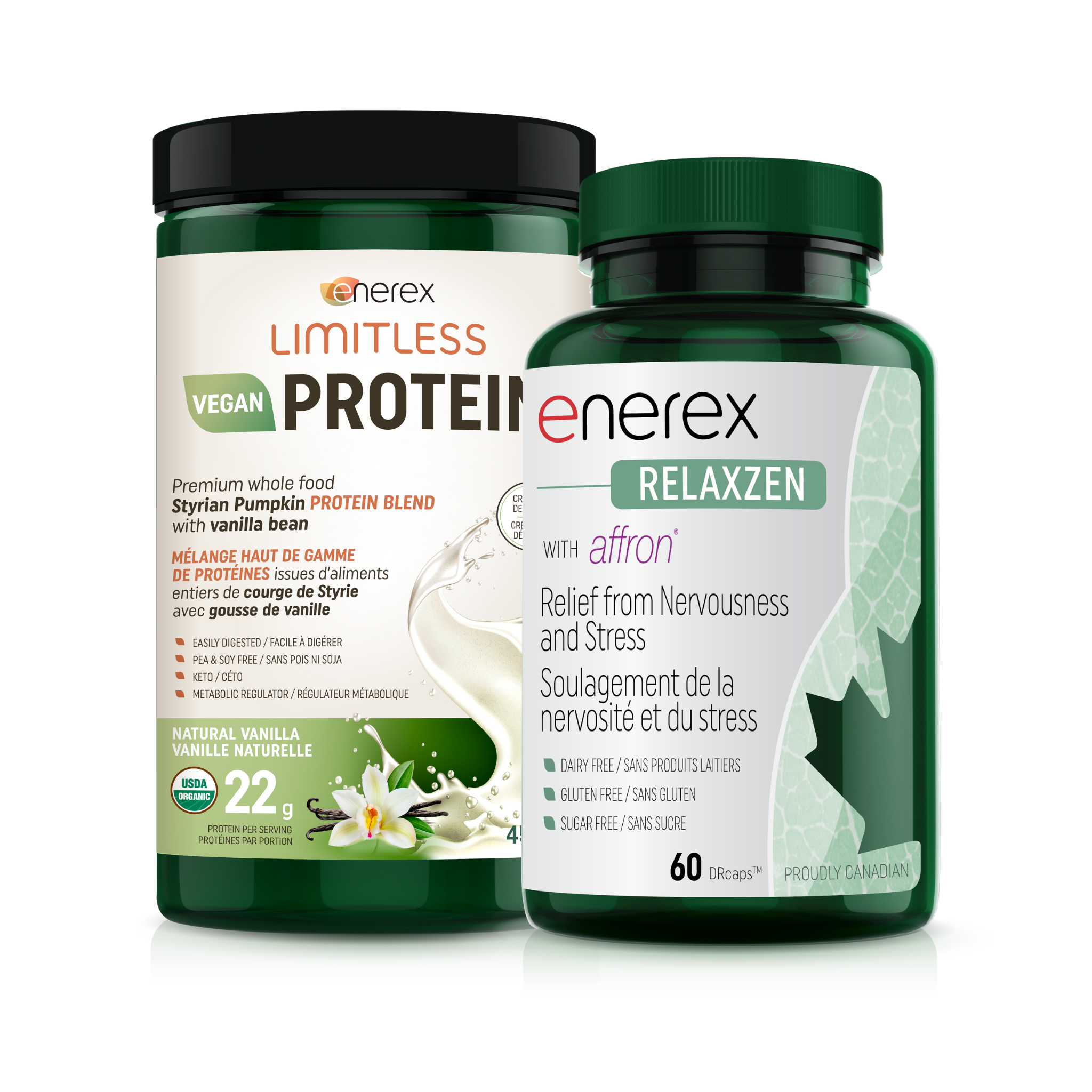
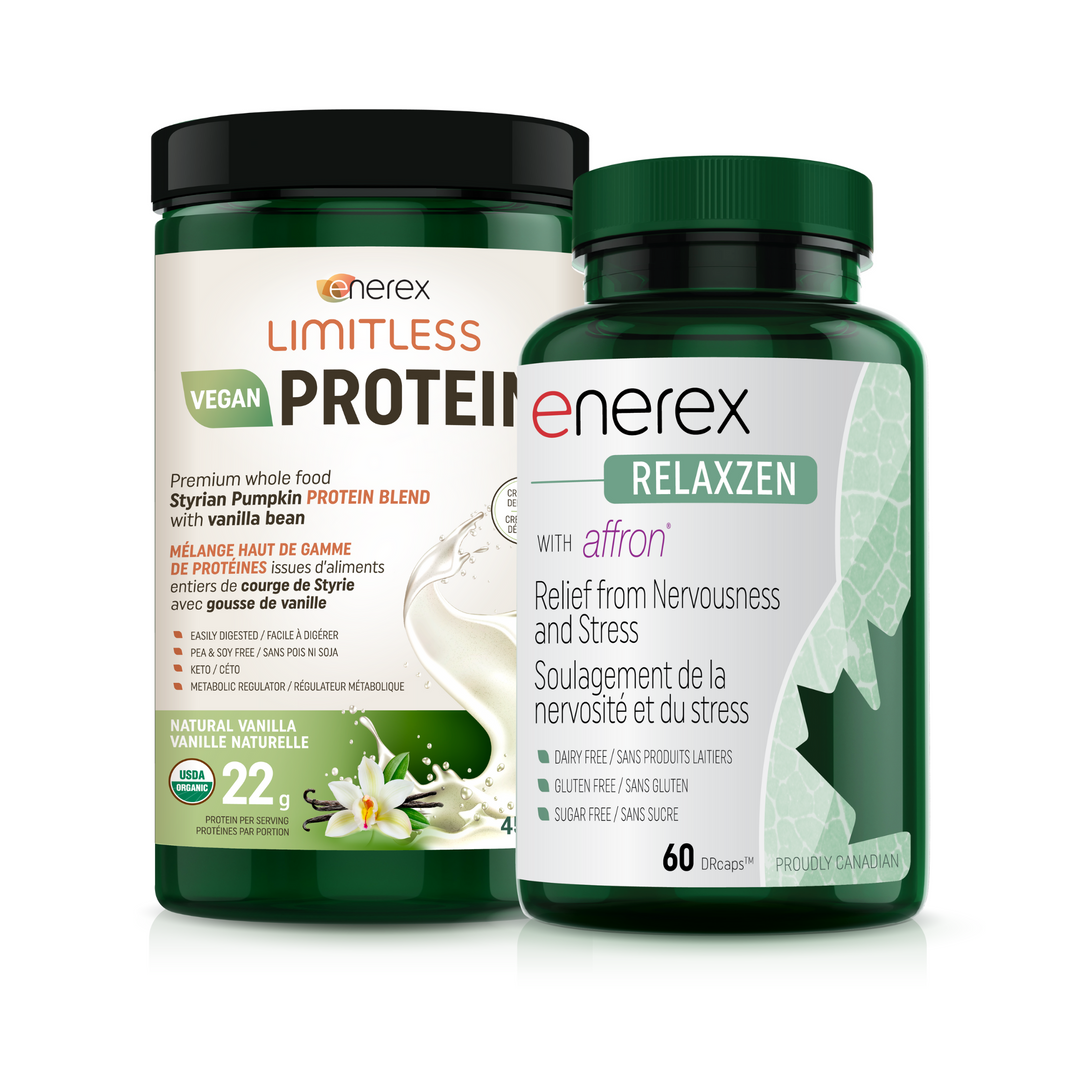
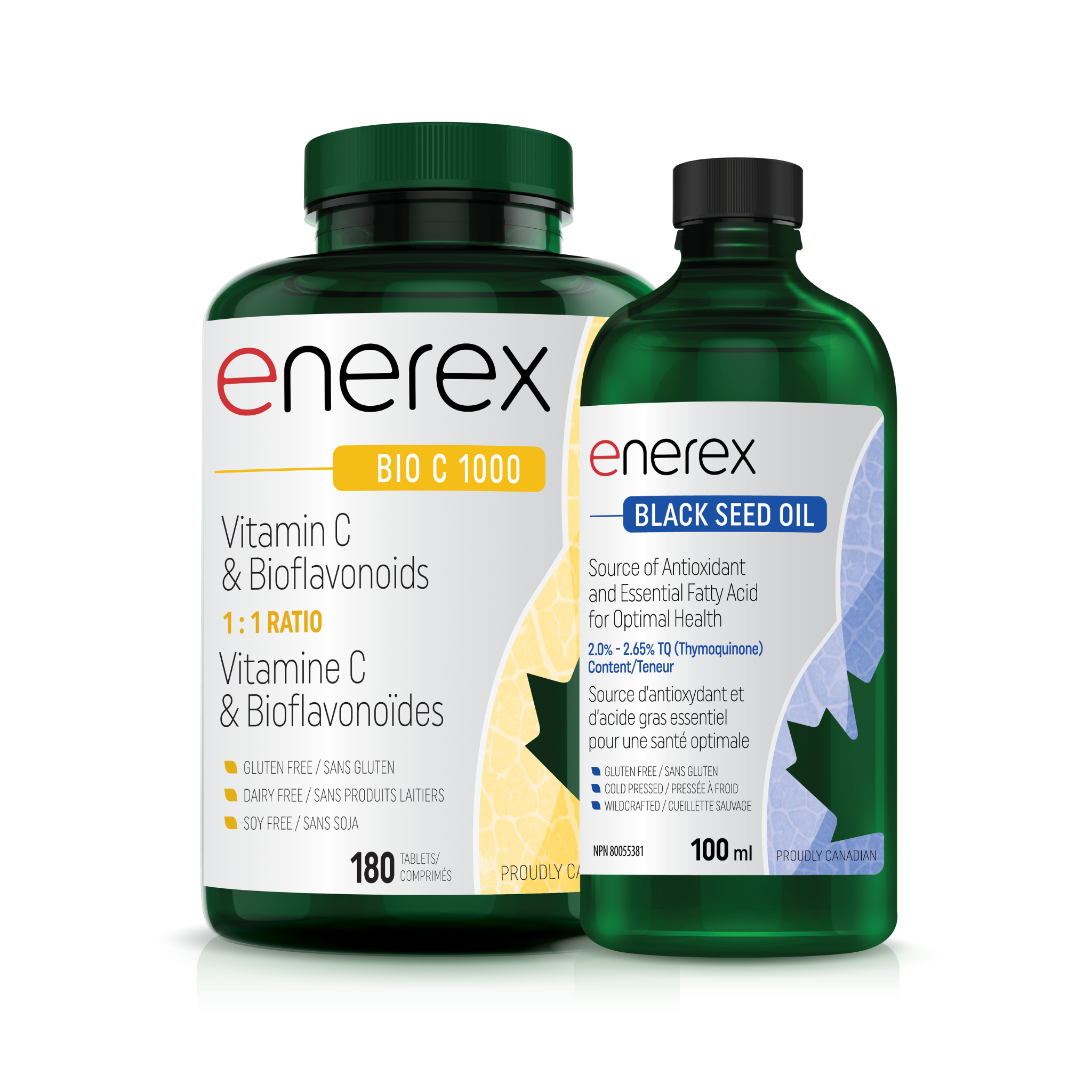
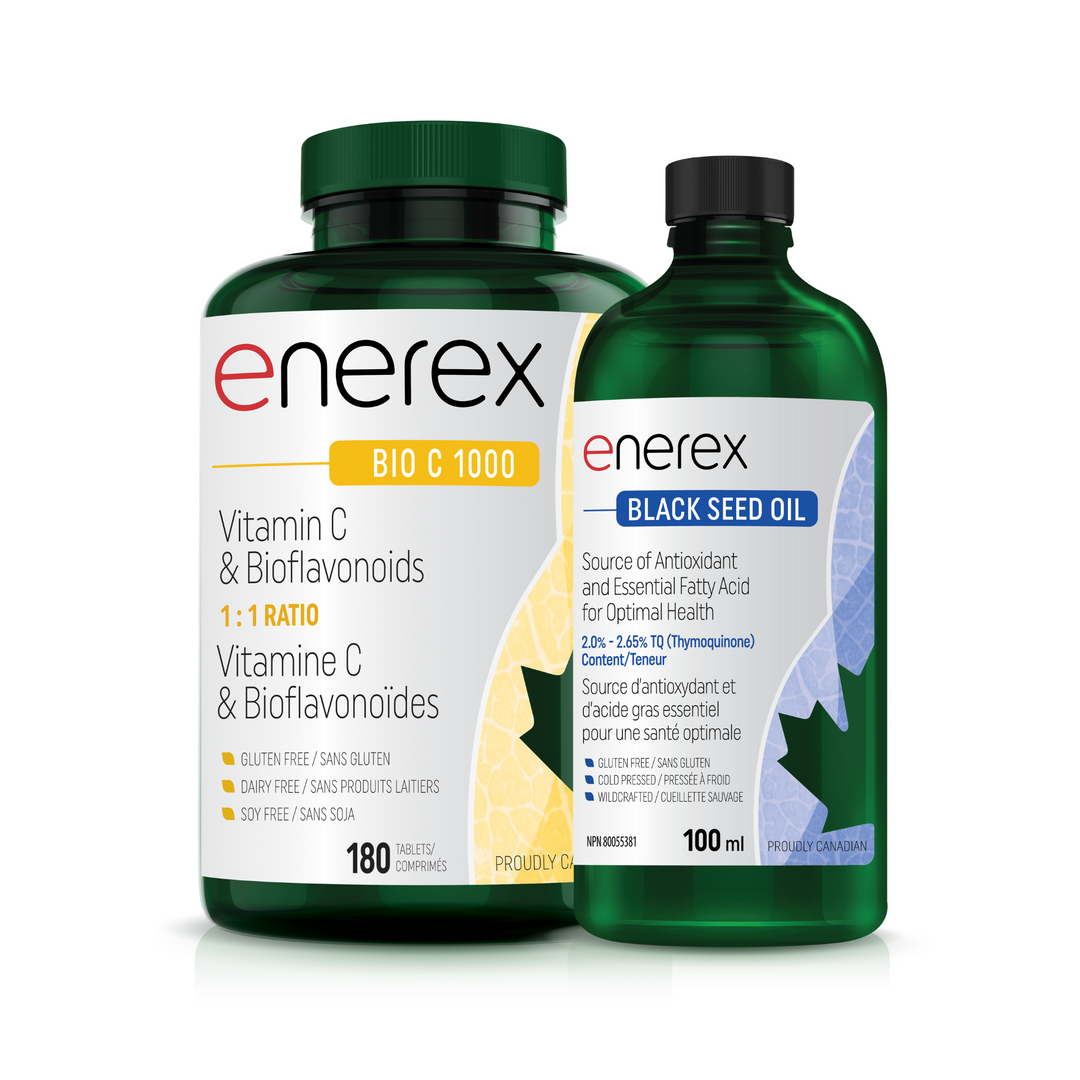
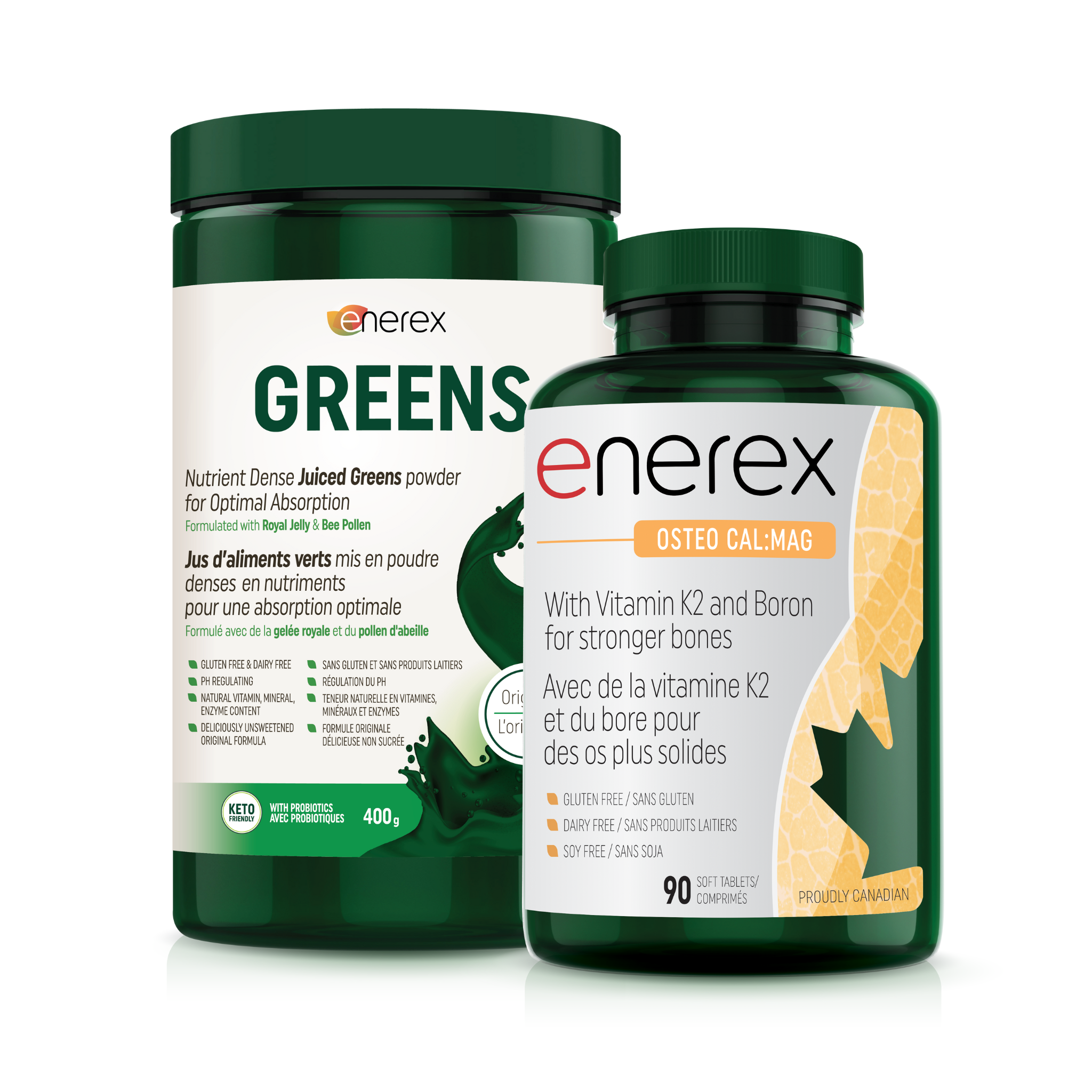
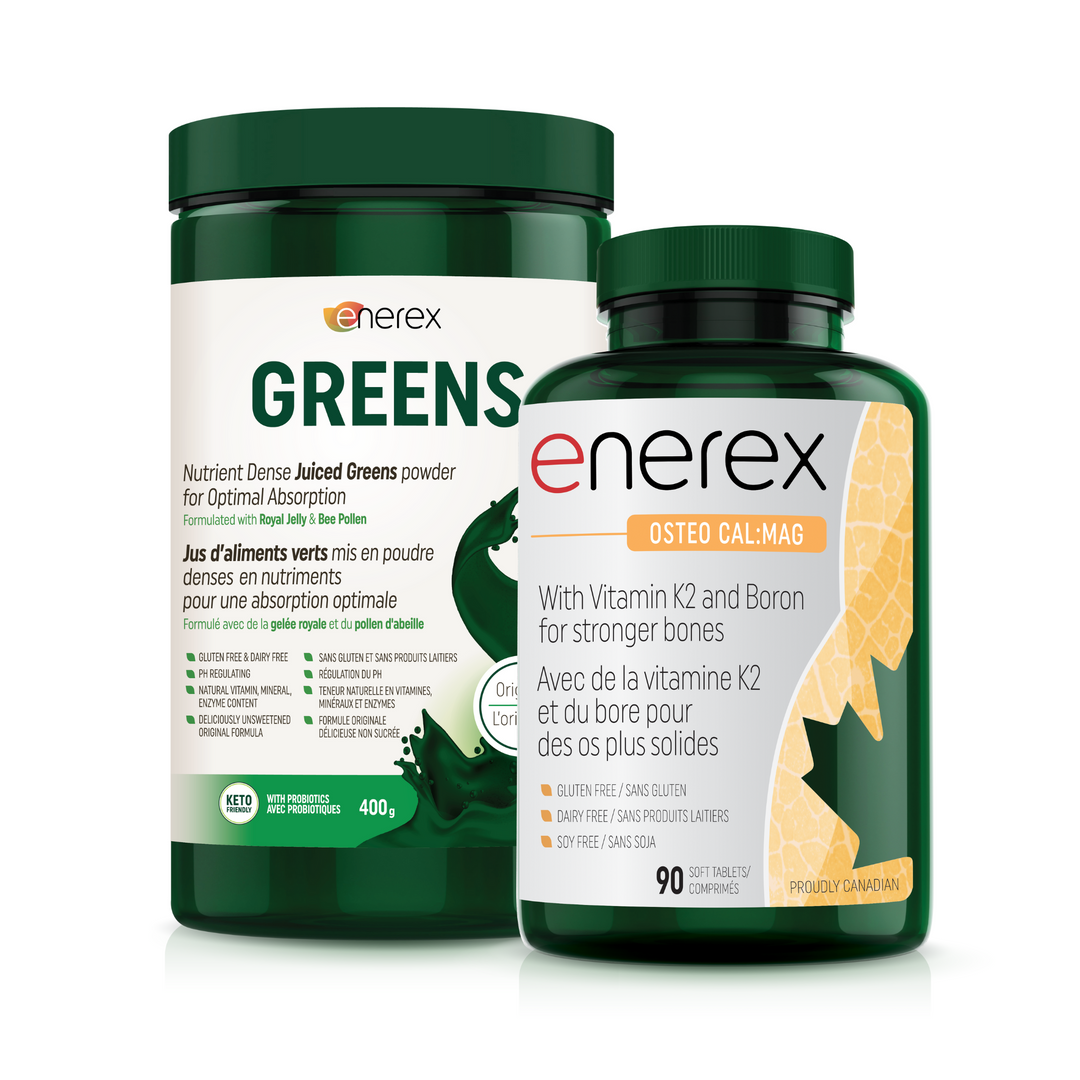
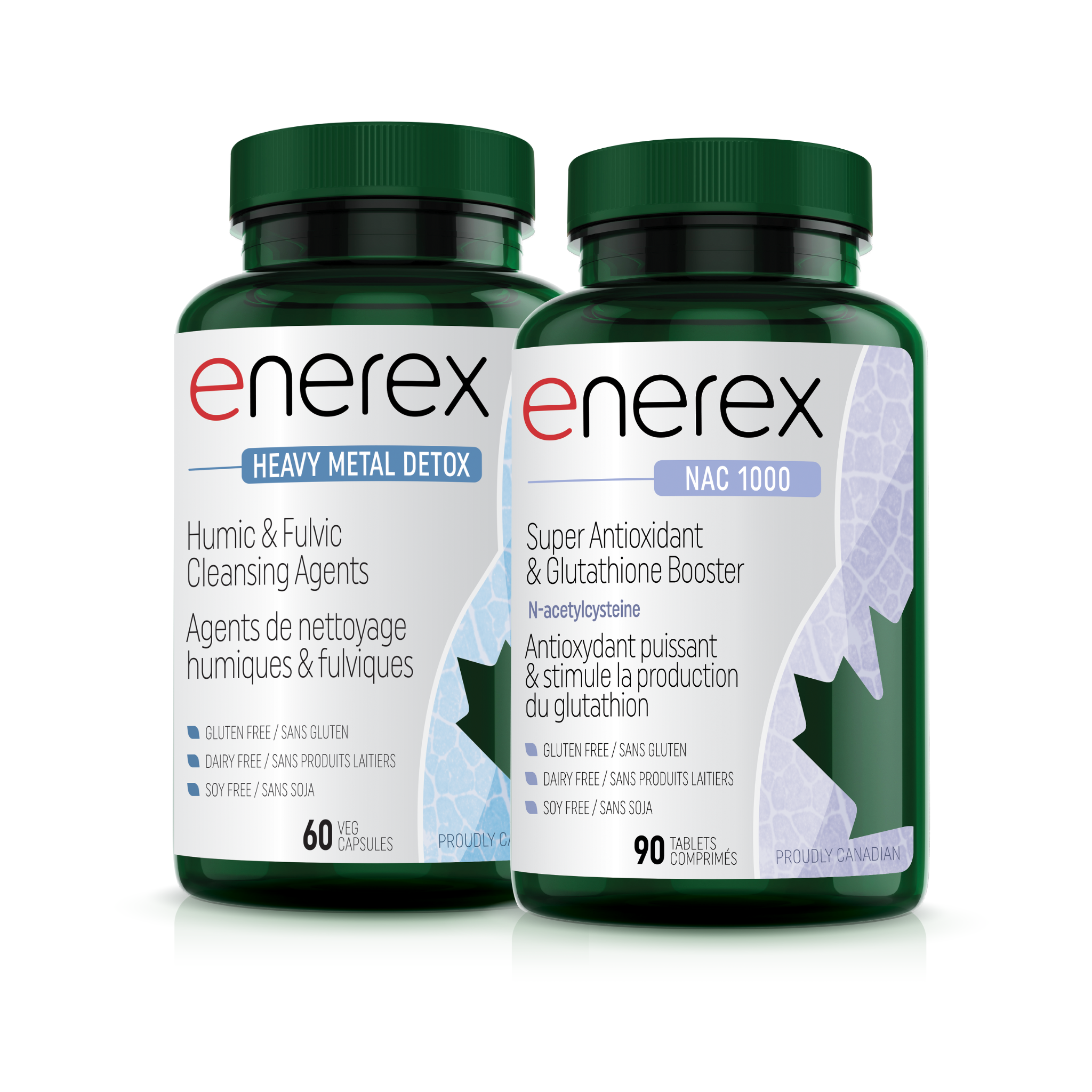
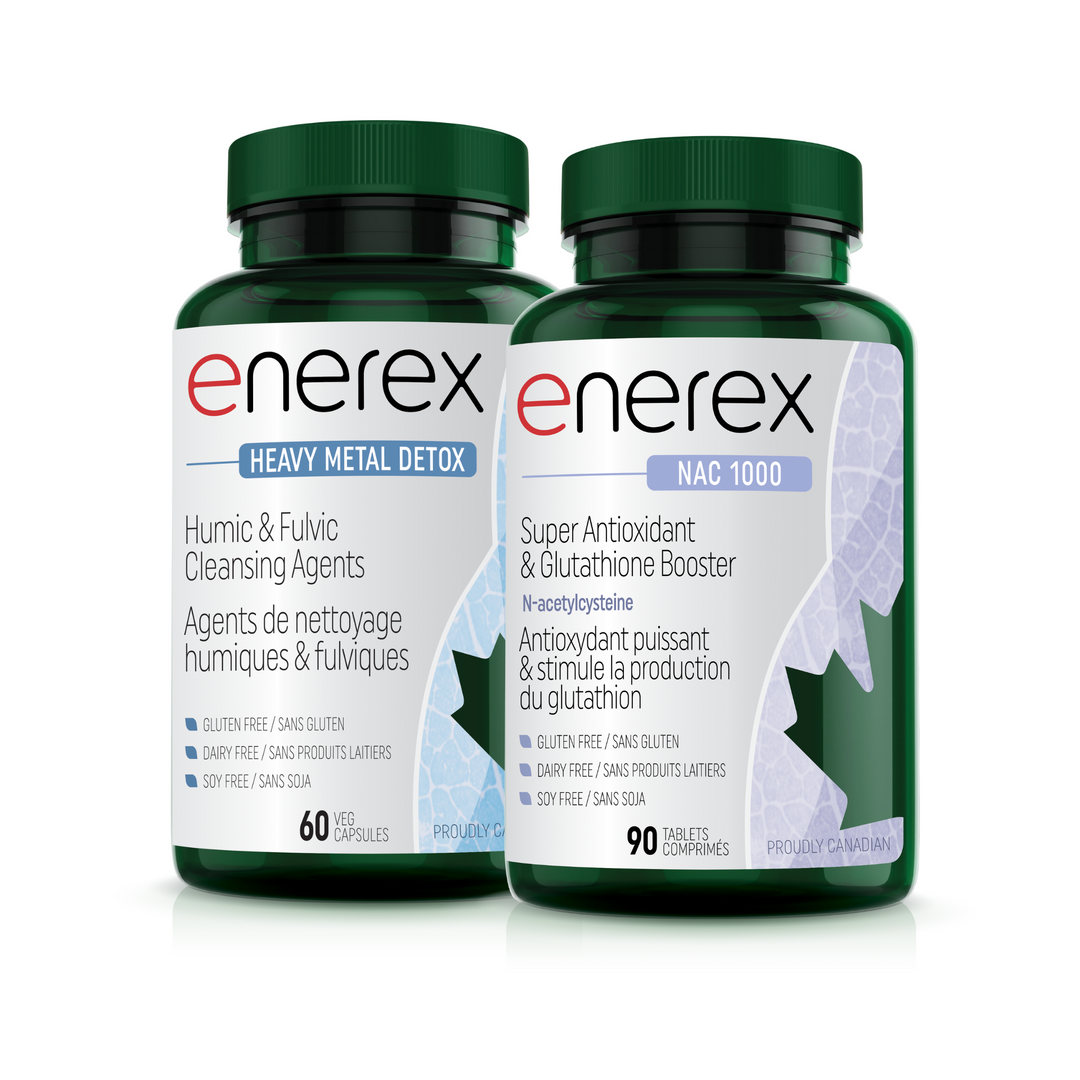
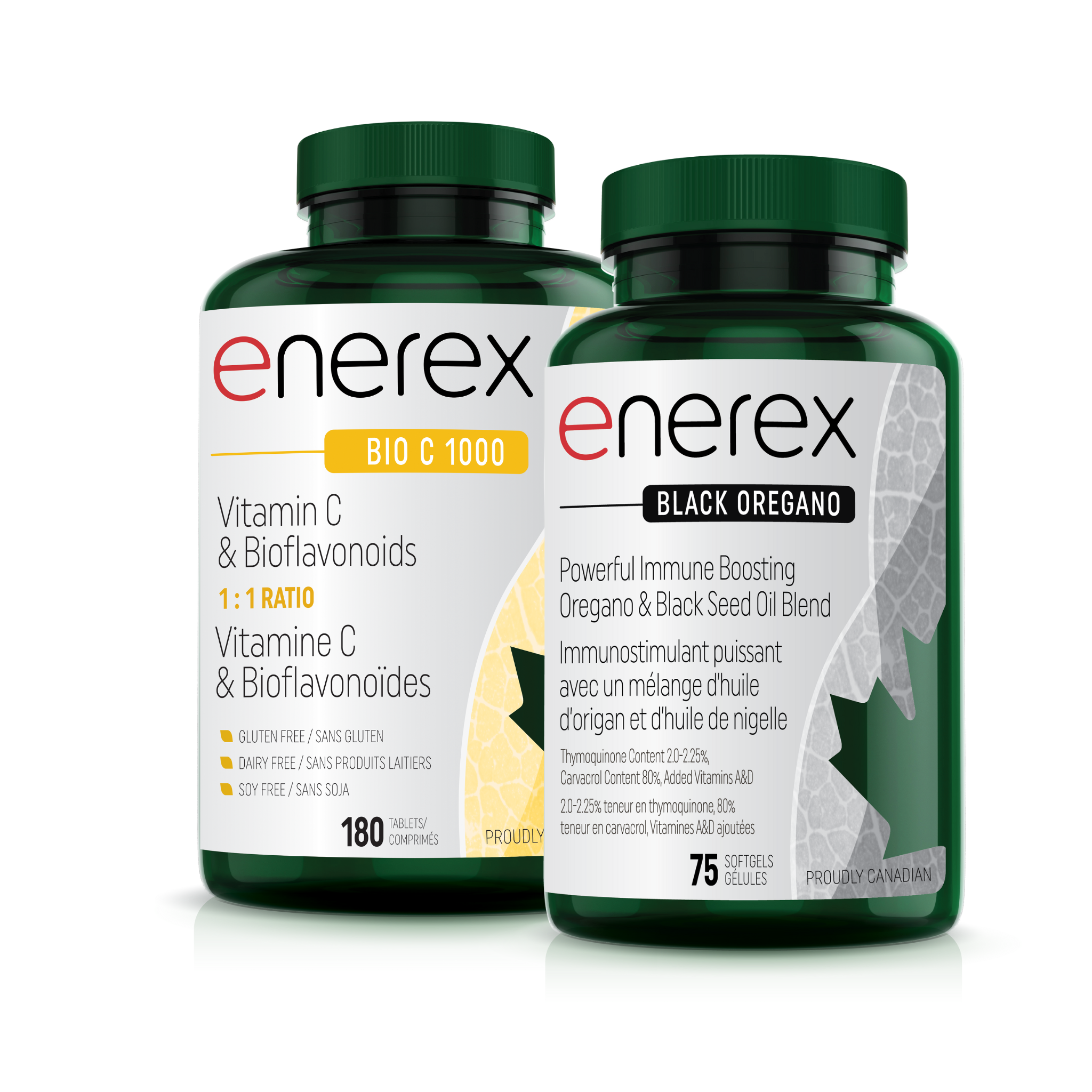
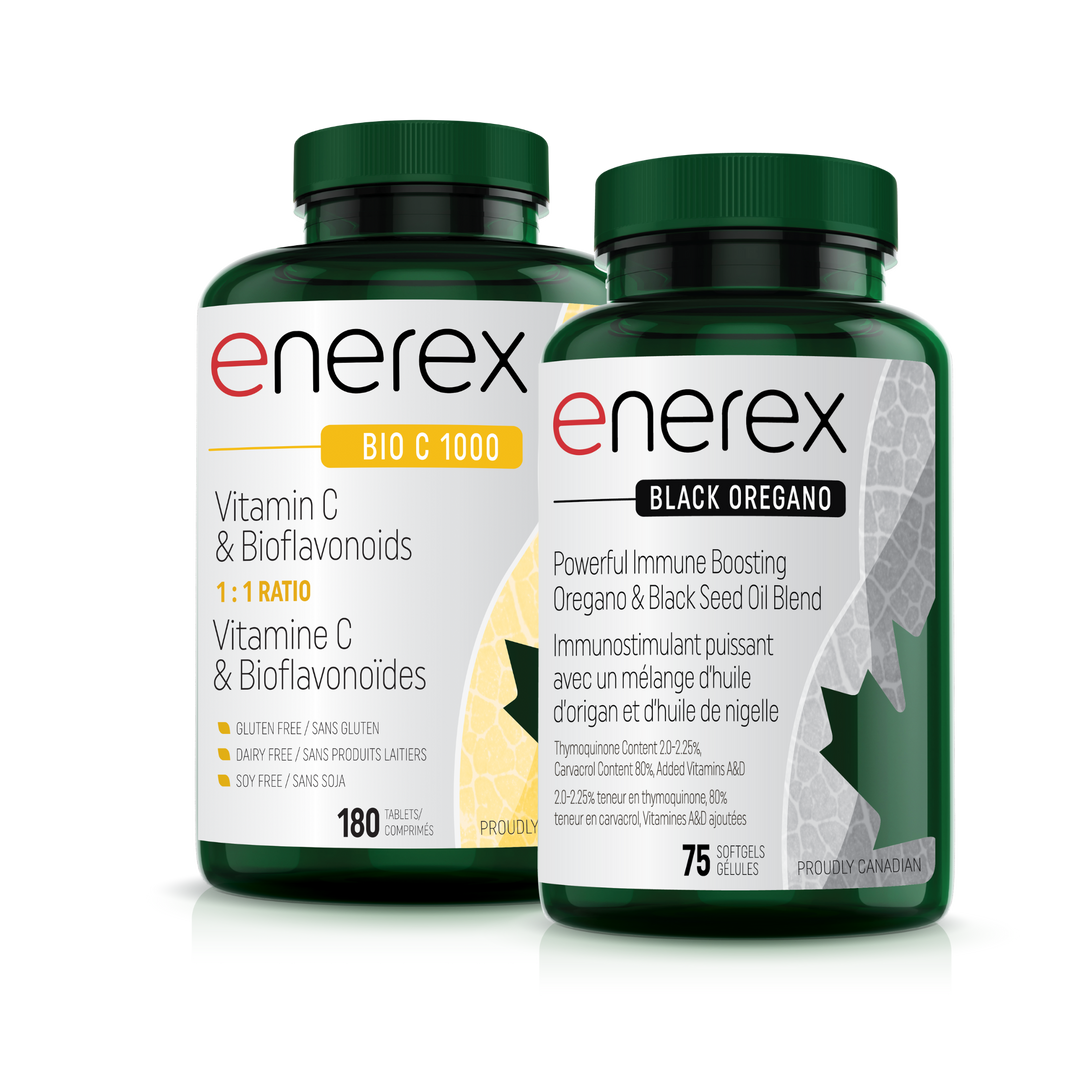
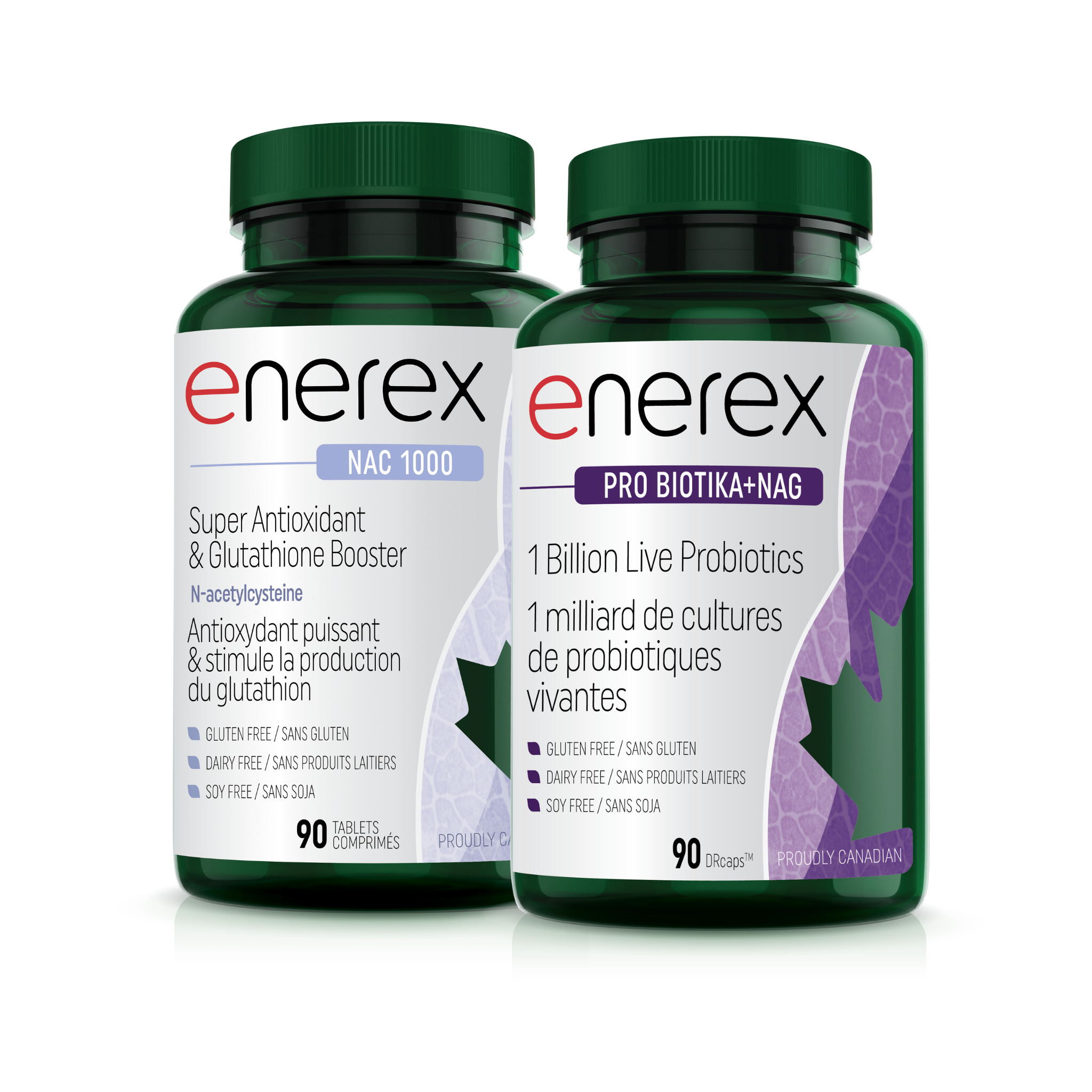
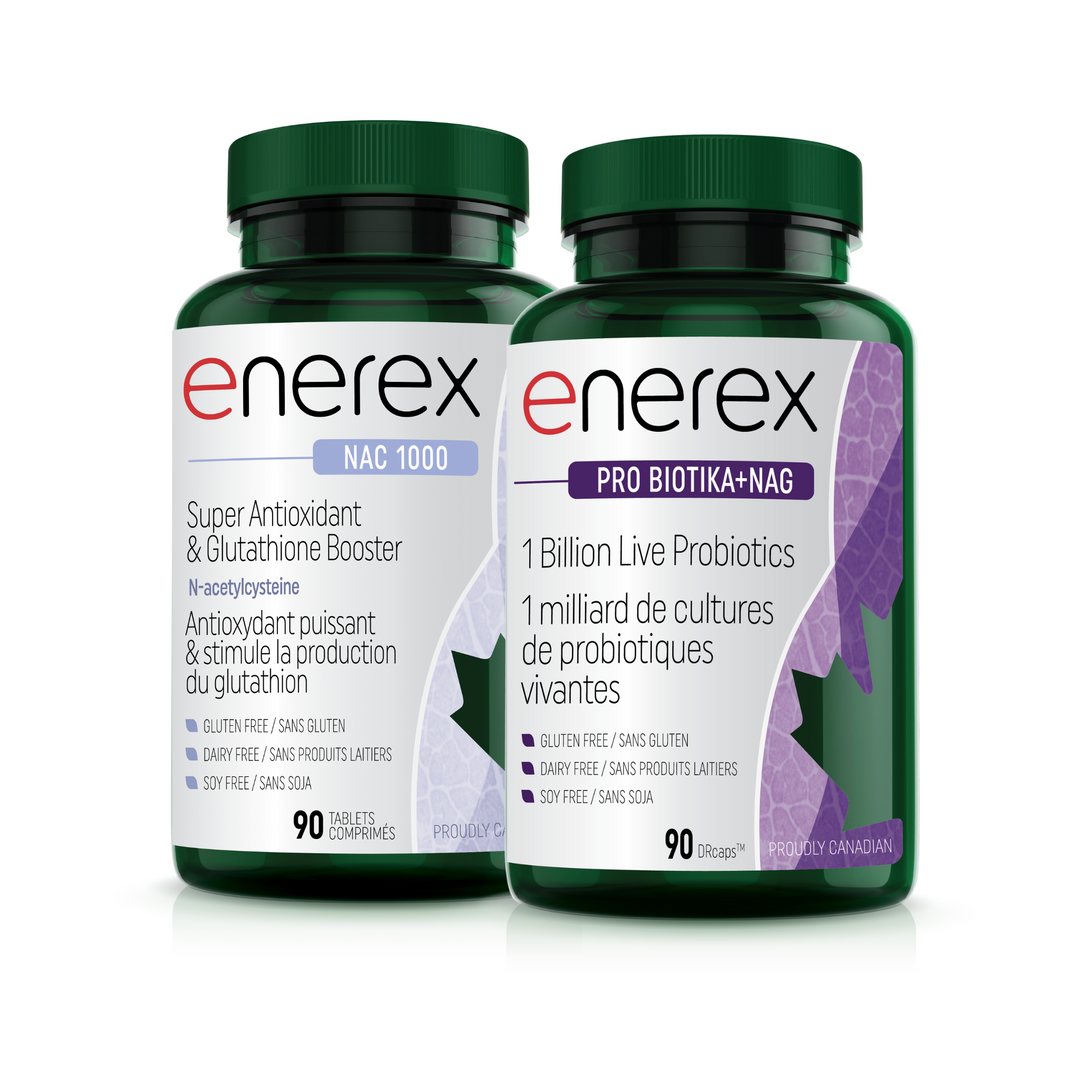
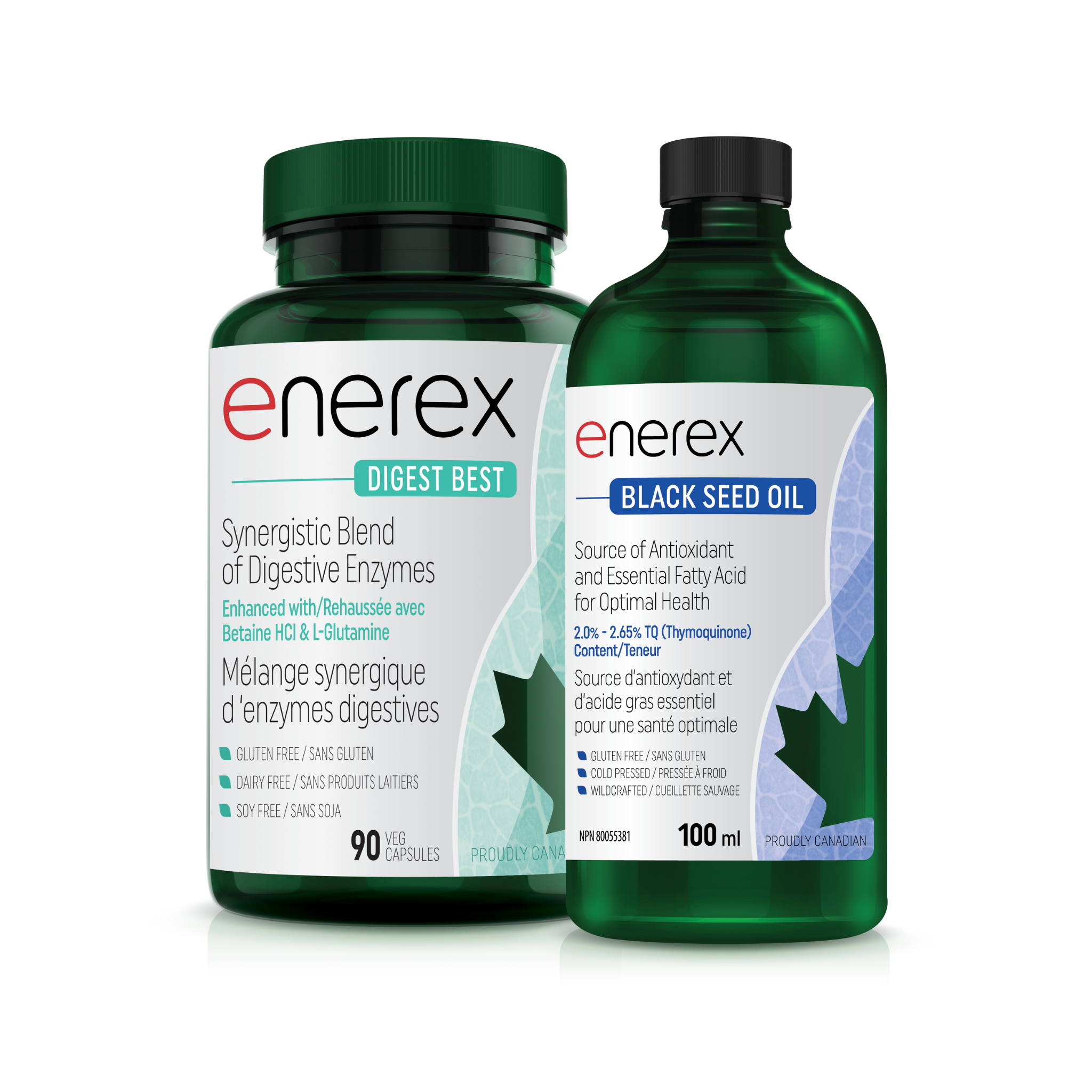
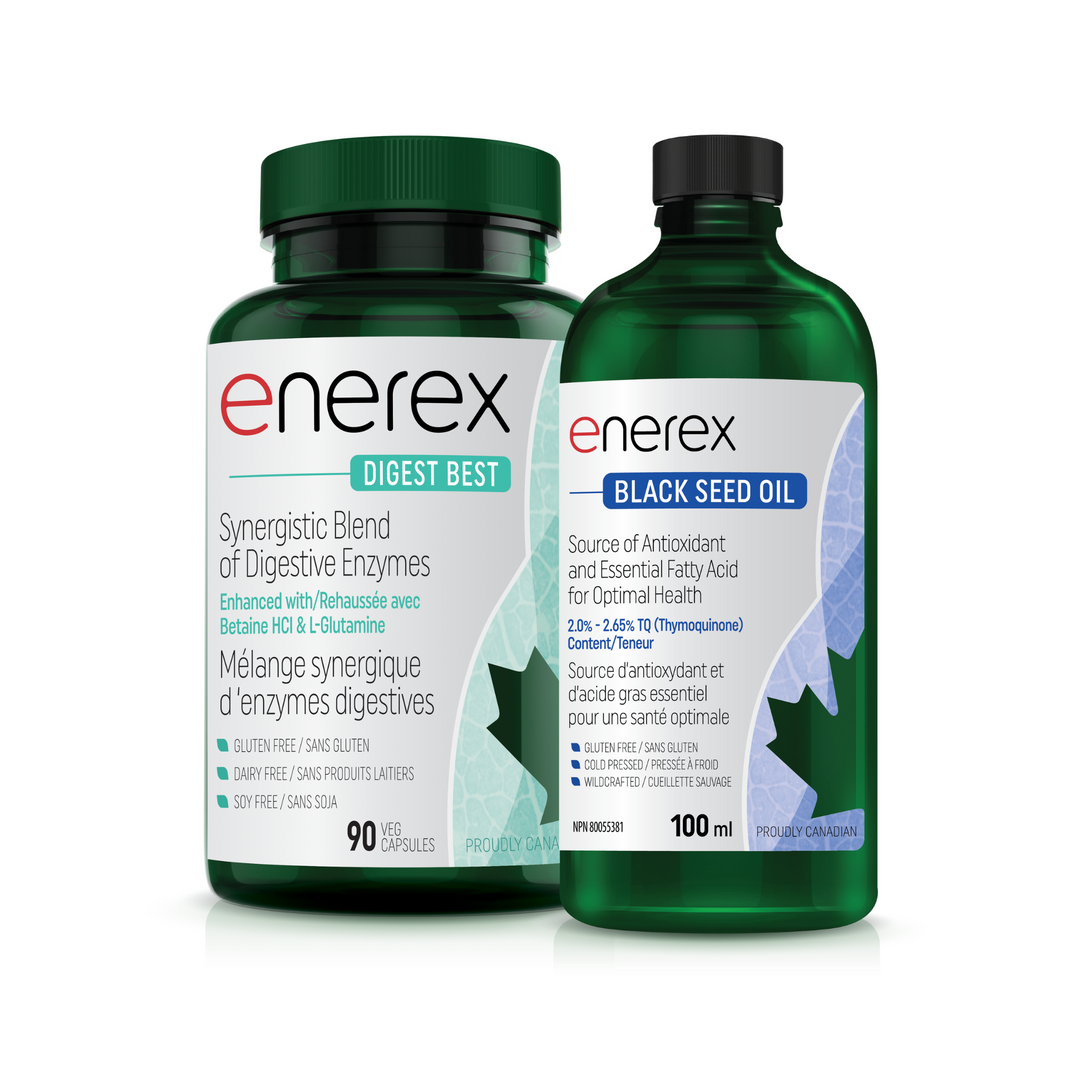
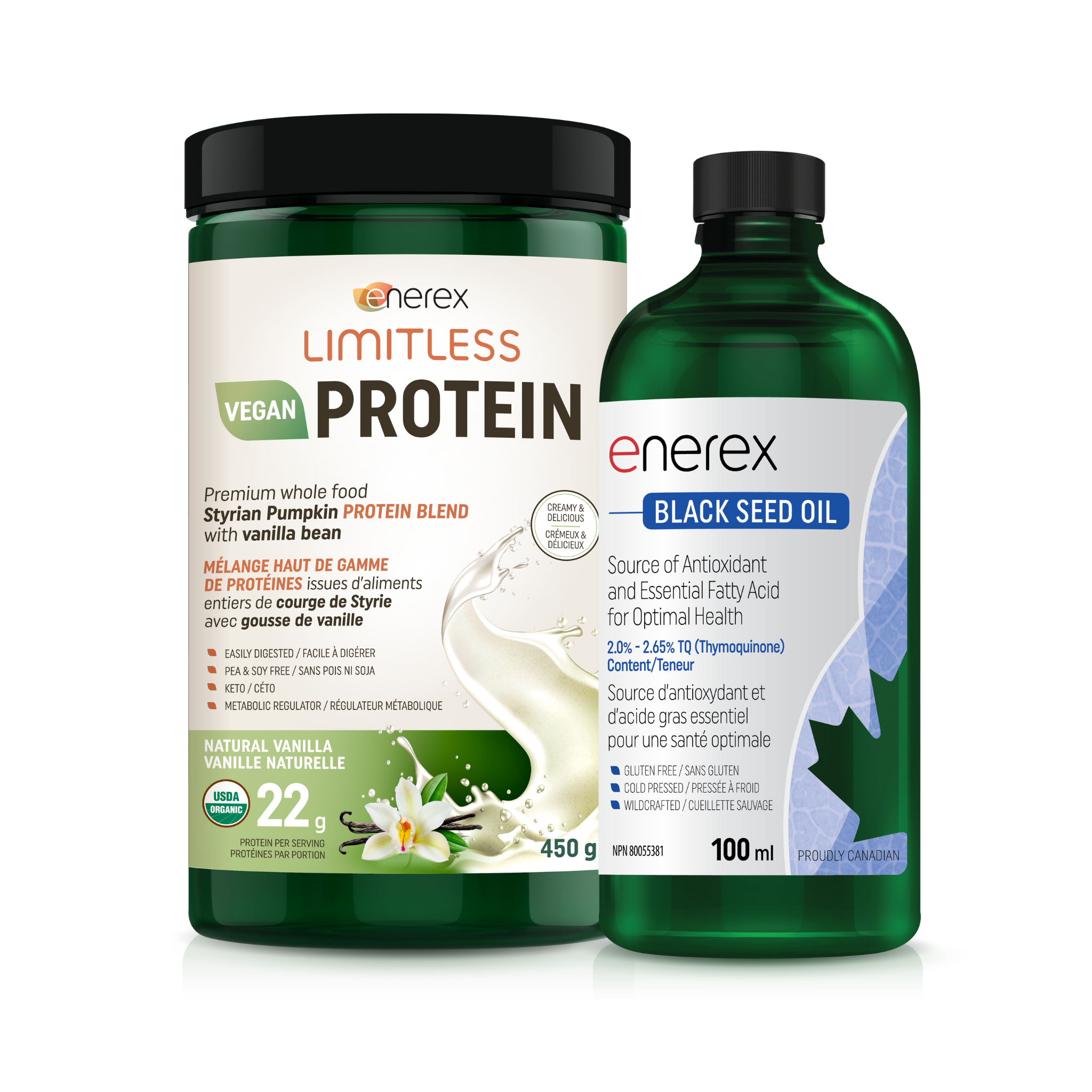
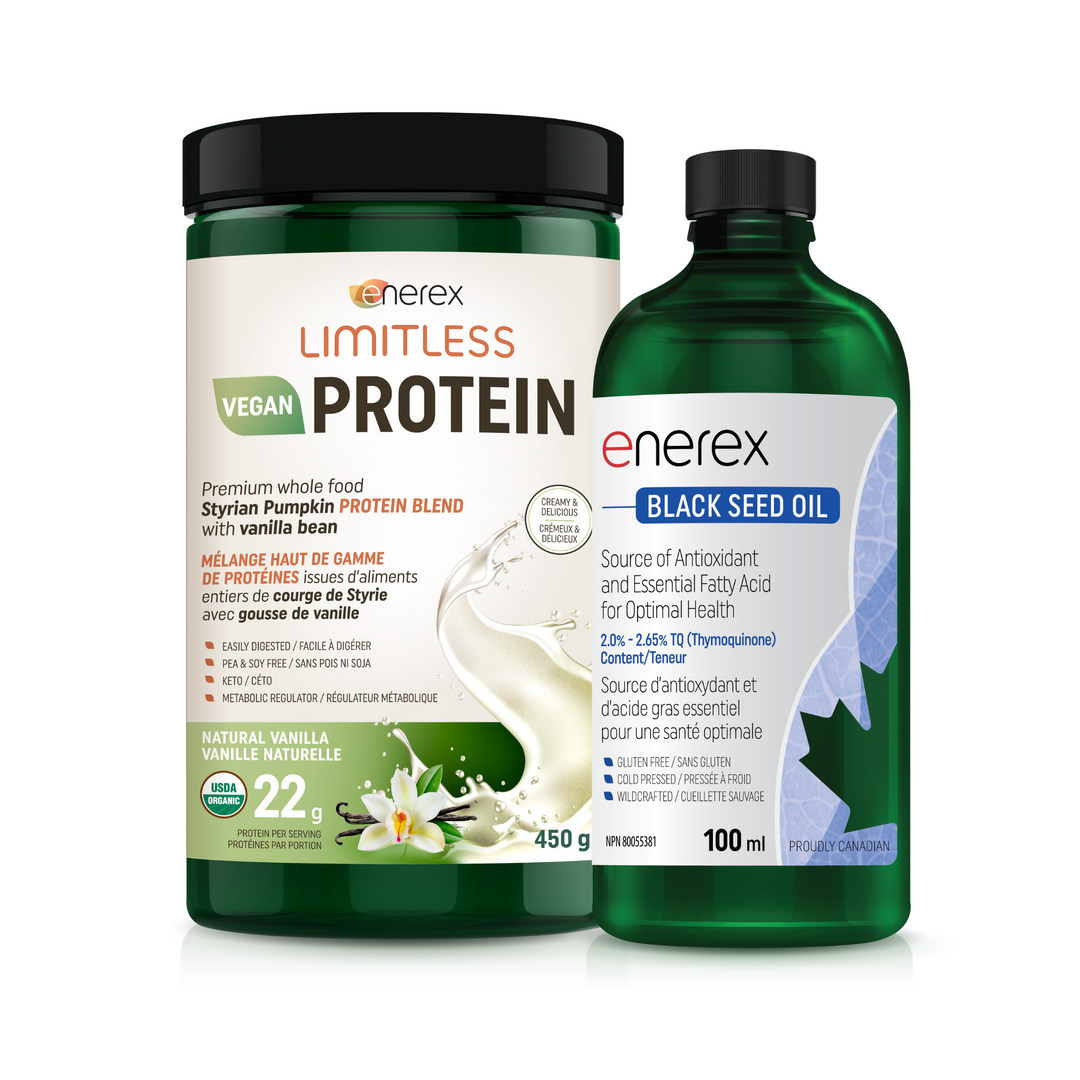
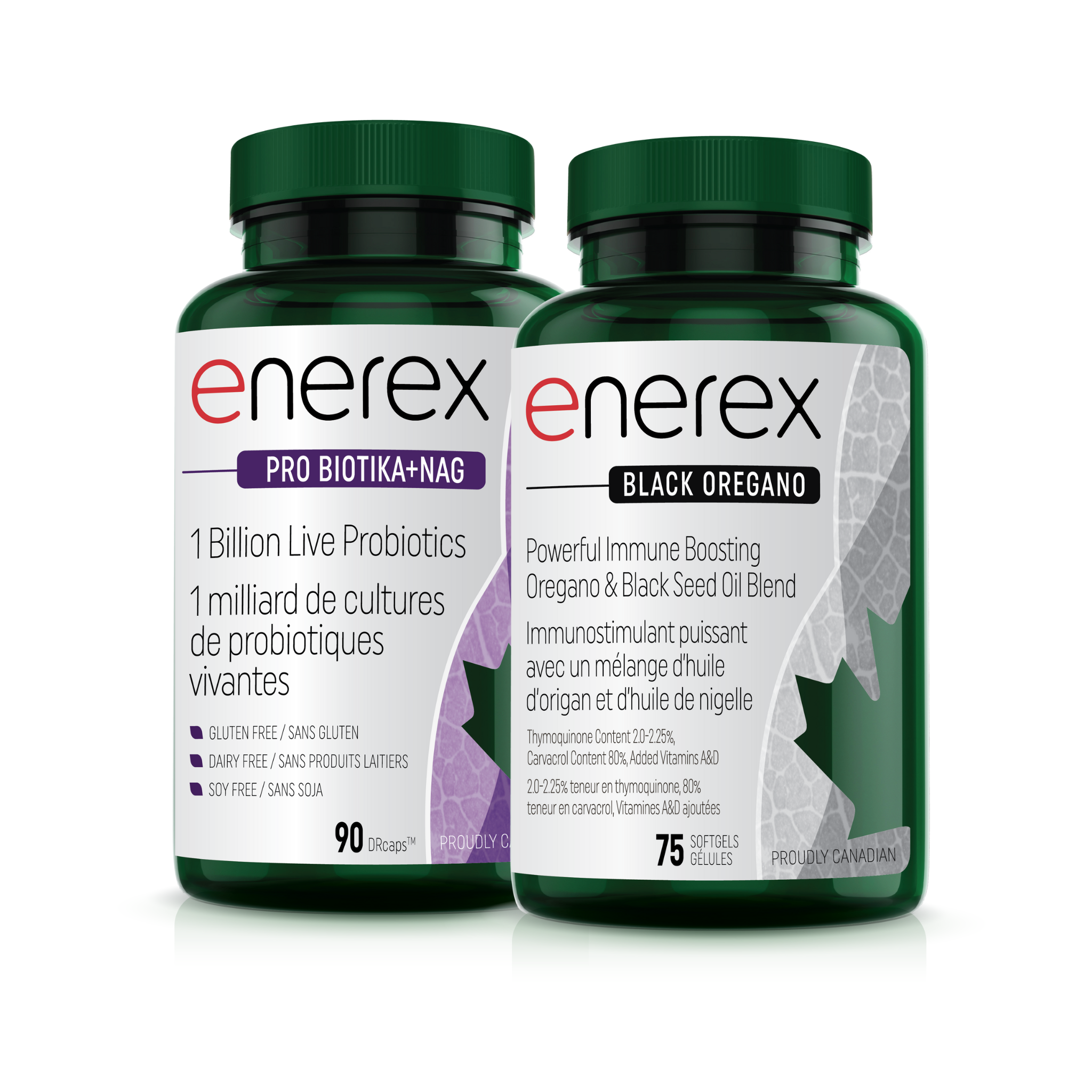
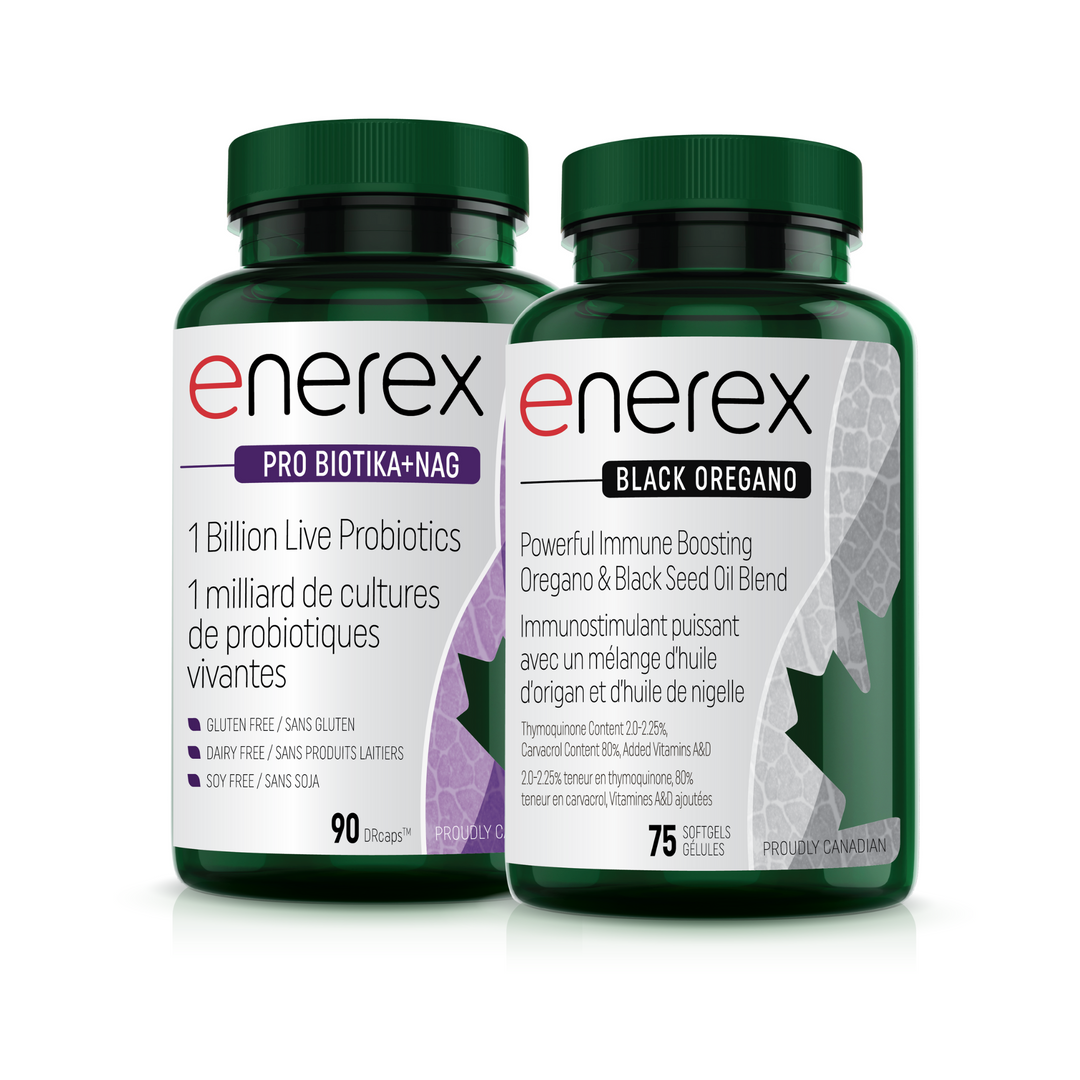
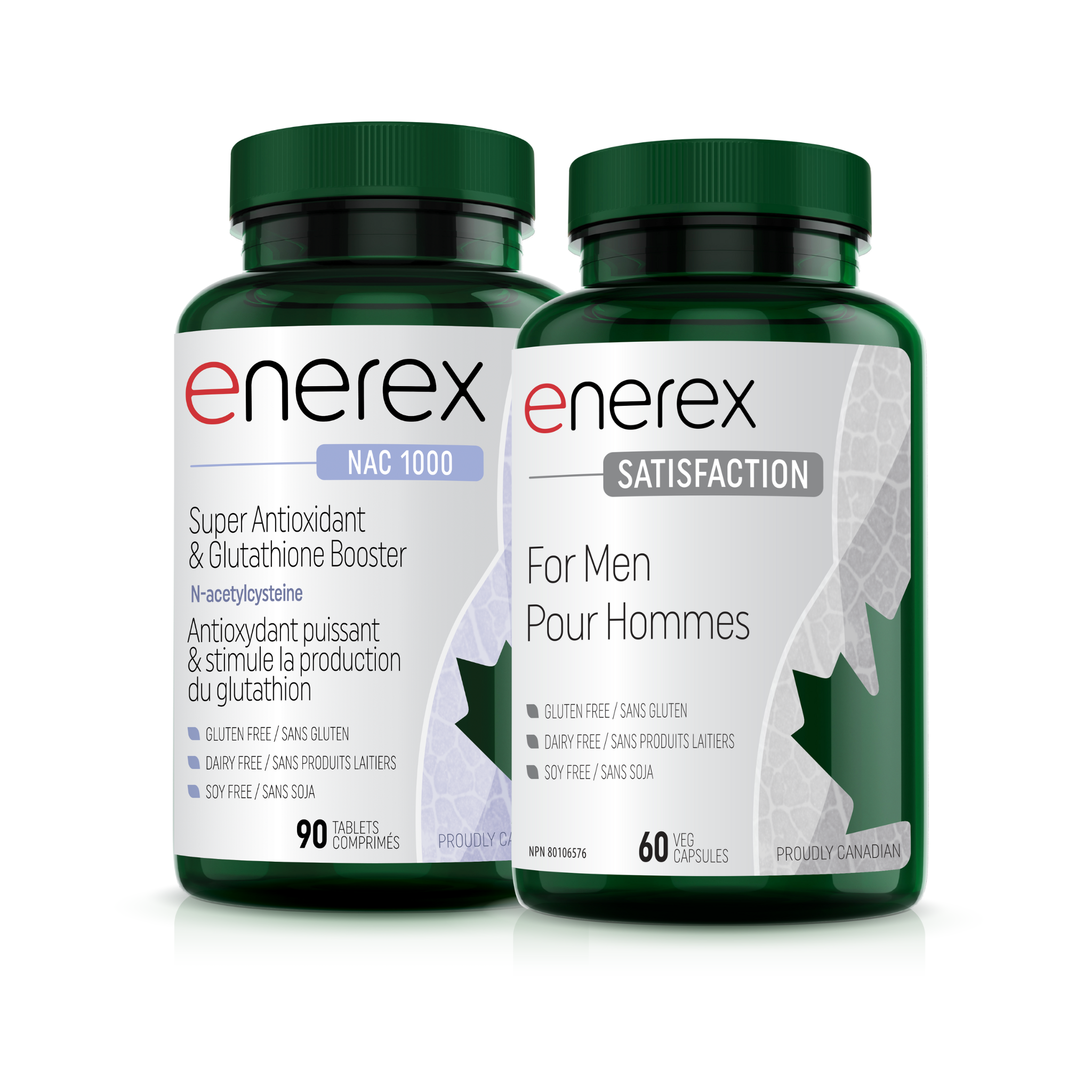
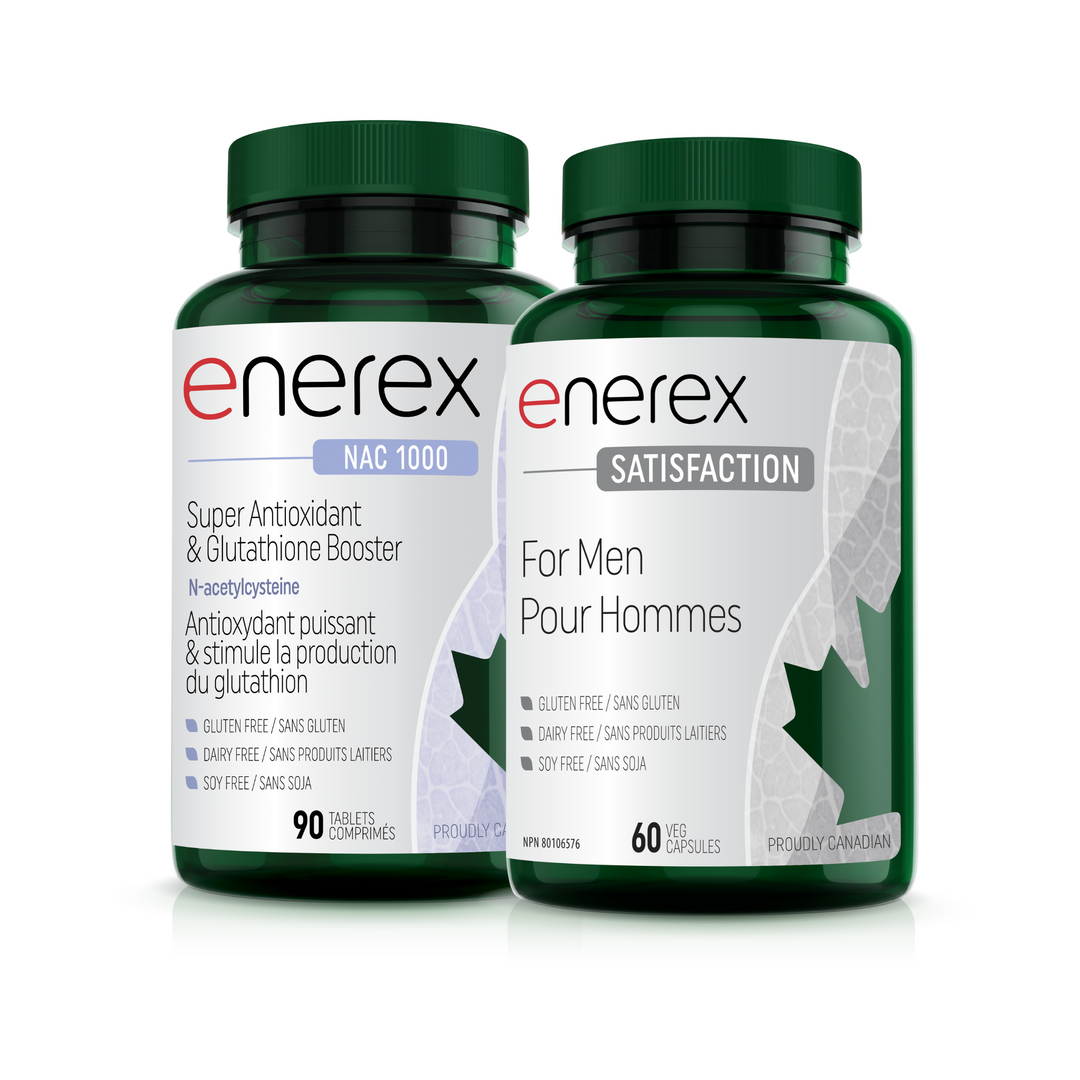
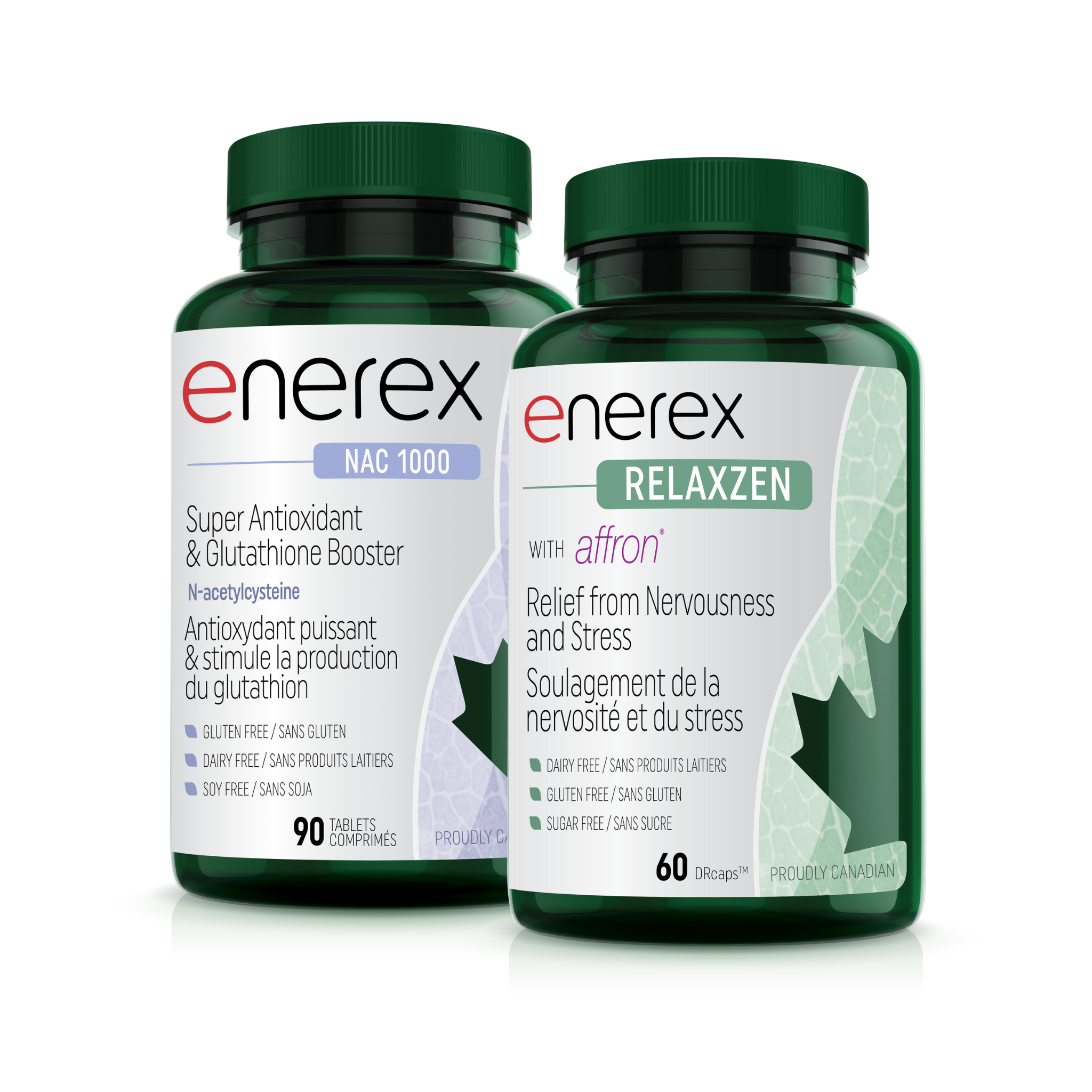
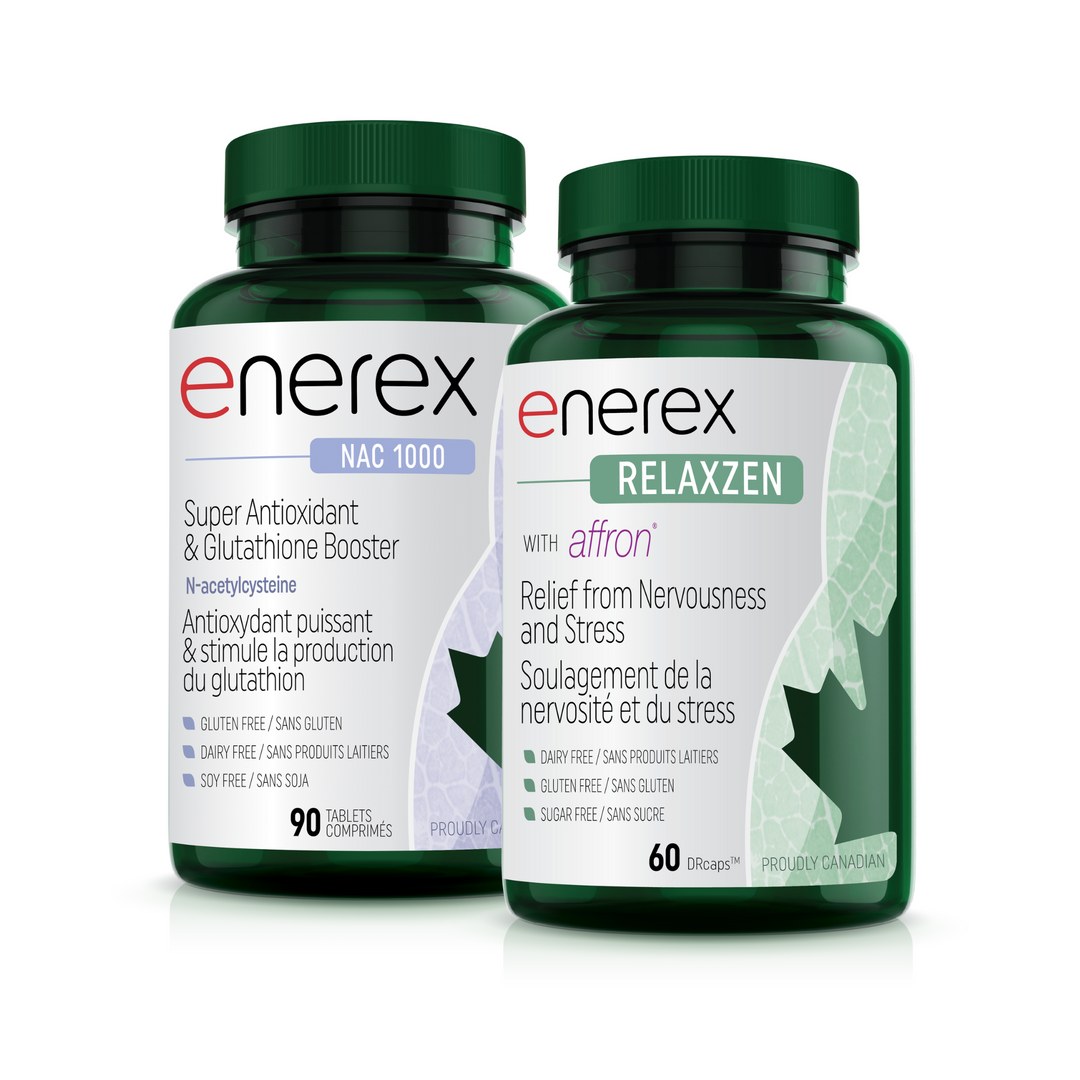
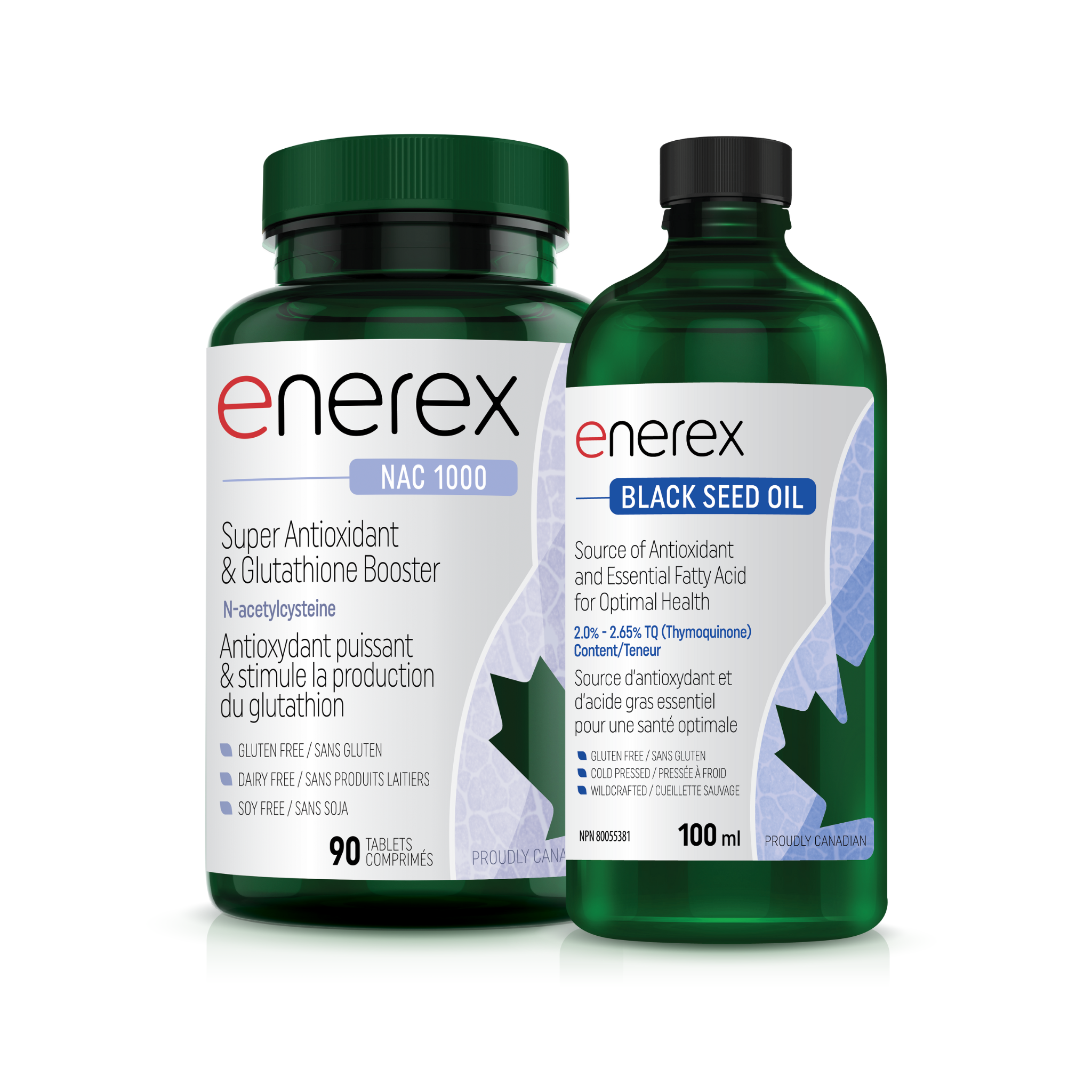
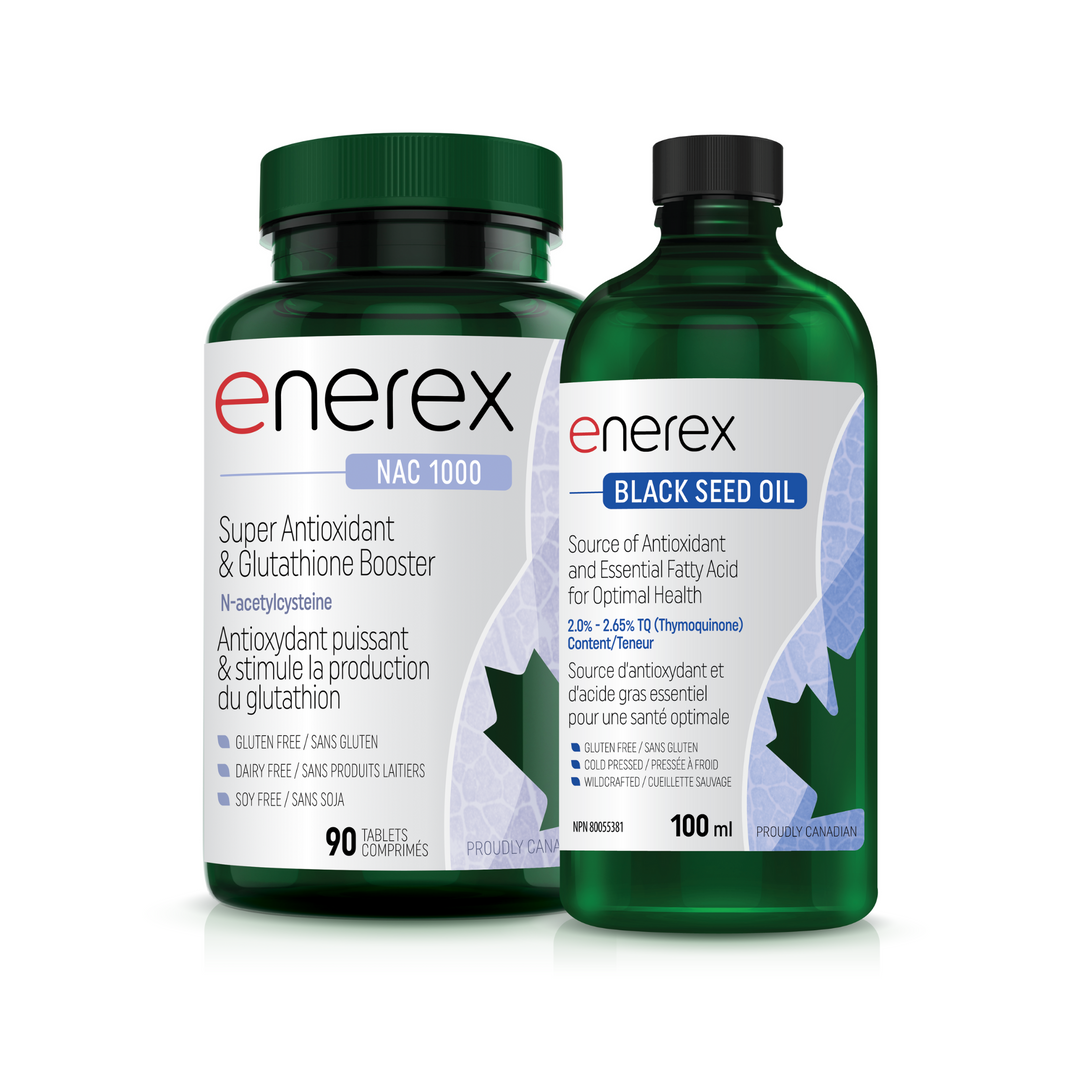
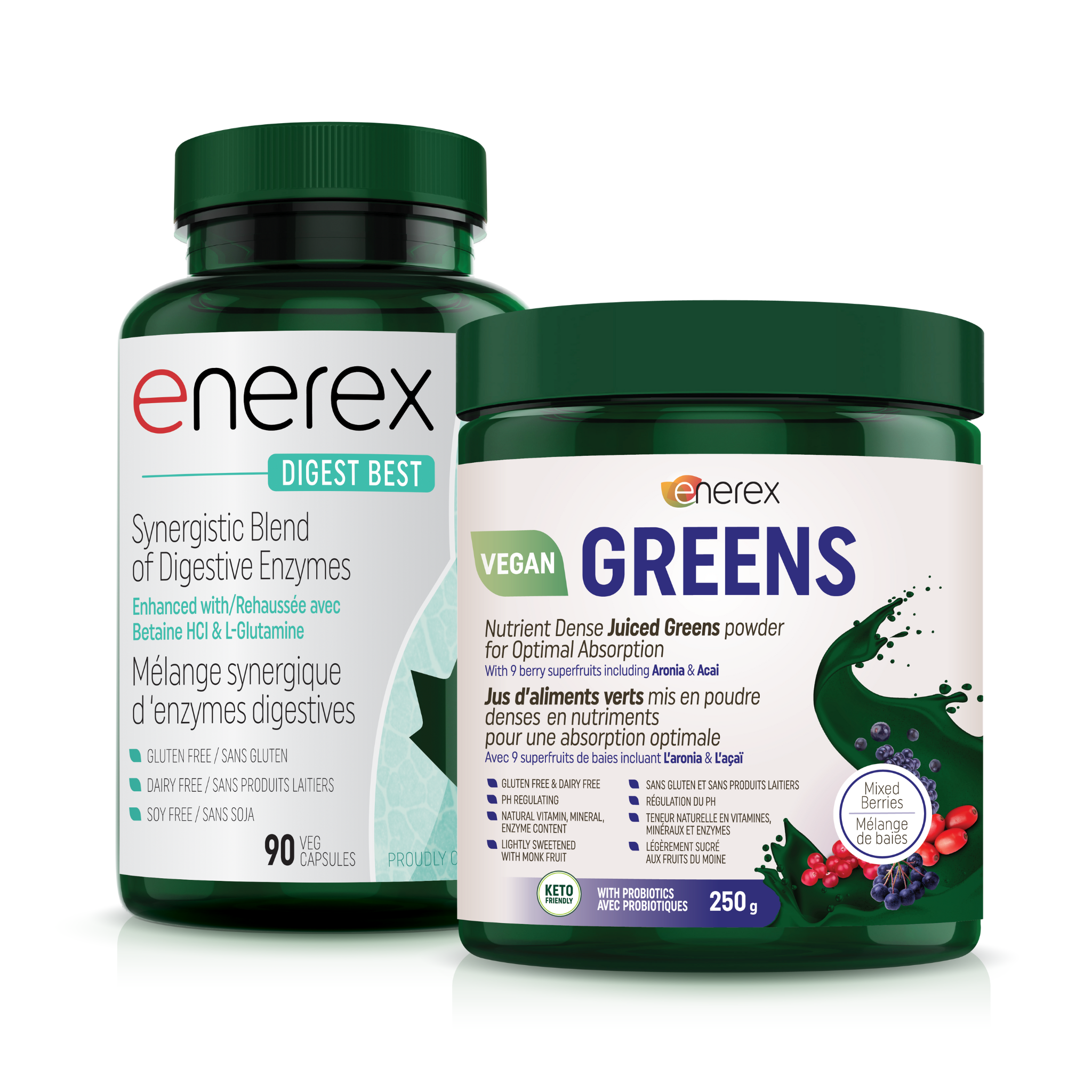
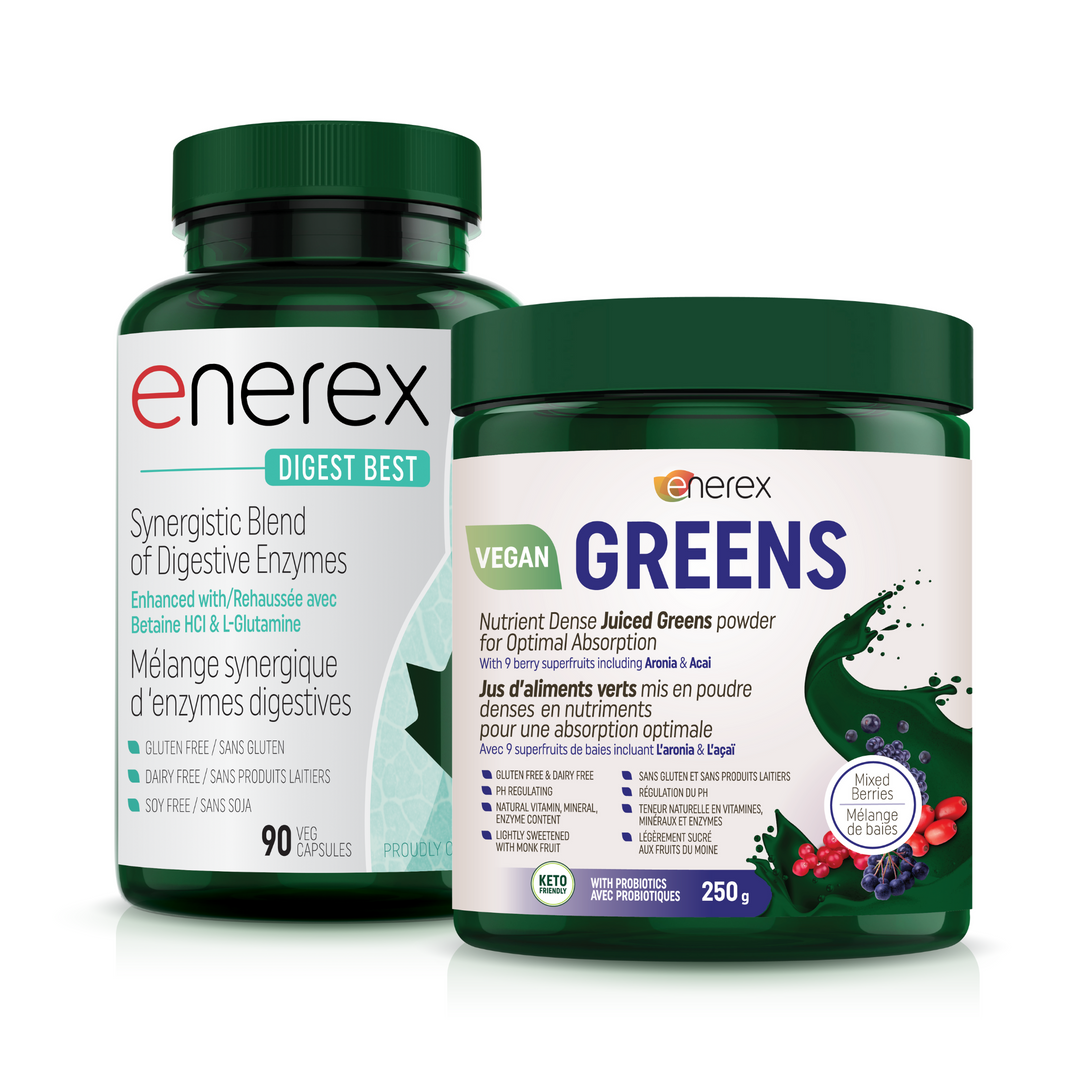
Leave a comment